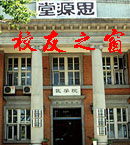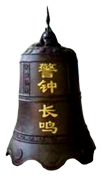朱柏桐
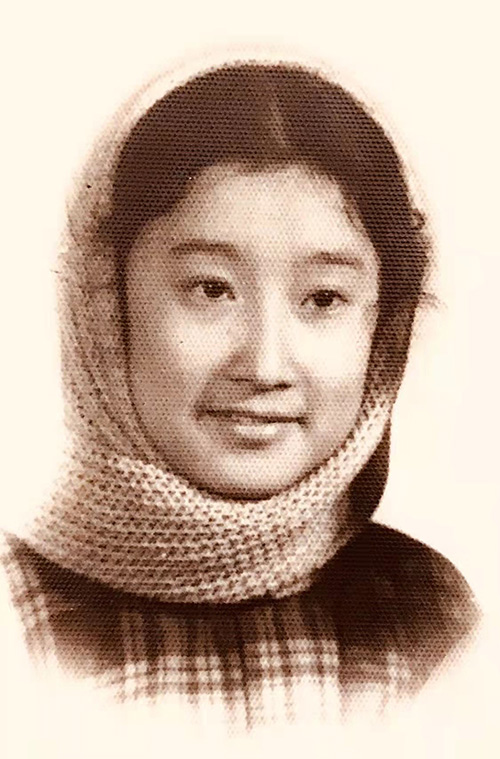
朱柏桐
朱柏桐,天津人。我们班的歌唱家之一,我们大学五年的文娱委员,常与谷启楠、张培华一起教我们唱新歌,如六十年代流行的印尼歌曲《宝贝》、印度电影歌曲《拉兹之歌》、《洪湖赤卫队》、《克拉玛依》等中外歌曲。 毕业后分配到天津外语学校,后调入天津外语学院,曾赴加拿大留学;任外院教授,研究生导师;1993年开始享受国务院特殊津贴 。天津大学英语教授夏乙琥的夫人。
 主要著作: 主要著作:
《加拿大英语短篇小说选》(南开大学出版社,1994)
浅谈英语口译课的教学。《中国翻译》1989
谈文学翻译的灵活性。《中国翻译》1998
如何提高英语写作技巧。《天津外国语学报》1995,8期
两位北美幽默作家-马克•吐温和里科克。《天津外国语学报》1997
从中国和加拿大的教育看中加 文化差异。《天津外国语学报》1996
莫迪凯•里奇勒与加拿大犹太文化的变迁。《天津外国语学报》1998
加拿大英语小说文体分析。《中国加拿大研究论从》1992
从篇章框架结构看汉译英。《天津外国语学报》1999,1期 共济网
似与不似-论文学作品汉译英过程中立场分析的作用。《天津大学学报》(社会科学版)1999年9月
天津外国语学院学报2004年5月,发表论文《《哈利·波特与魔法石》中的象征意义》。
中国翻译2003年6期,发表论文《翻译与思考》,1000字。
天津外国语学院学报2002年4期,发表论文《文学作品中口气的翻译》,5000字。
天津外国语学院学报2001年1期,发表论文《叙述重点与翻译》,5000字。
天津外国语学院学报1999年1期,发表论文《介绍两位伟大的北美幽默作家——美国的马克·吐温和加拿大的斯蒂芬·里柯克》。
天津外国语学院学报1998年2期,发表论文《犹太作家莫迪凯·里奇勒与加拿大犹太文化的变迁》。
 80个西方文学典故 80个西方文学典故
 主要译著: 主要译著:
《媲美》(中国翻译,1993)
《常胜的歌手》(中国翻译1993)
《雾》(中国翻译1992)
《雄辩症》《田水哗啦》《秋天的怀念》《献你一束花》《维护团结的人》等 10篇 (散文佳作108篇,1999)
《青萍》汉译英, 2003年6月,中国翻译杂志出版《青萍》短篇小说。
《企业与投资风险》 2004年3月,天津大学出版社出版,30万字。
深切怀念我们的老系主任李霁野先生
李老虽已辞世多年,但他的音容笑貌至今还历历在目。我记得我们毕业分配之后,工作繁忙的李主任还亲自找我们三个被分到外语学校的学生谈话,语重心长的嘱咐我们要好好教书育人,发扬南开学子的优秀传统,努力工作承担起培养优秀外语人才的重任。比起分配到中央各部门及各高校任职的同学们,我们教小孩算是比较低微的,任务也是比较繁重的。所以他老人家不辞劳苦特意给我们以关怀与鼓励。我们心存感激深受启发倍受鼓舞,三人推着板车载着行李兴高采烈地去外语学校(当时是借市一中地盘)报到 ,没有辜负李老的殷切希望,此事可以传为佳话!
--柏桐寫於2024年清明
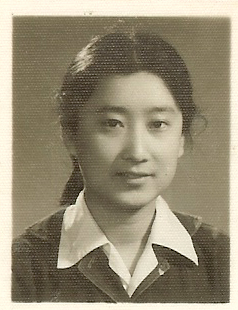
朱柏桐 1965
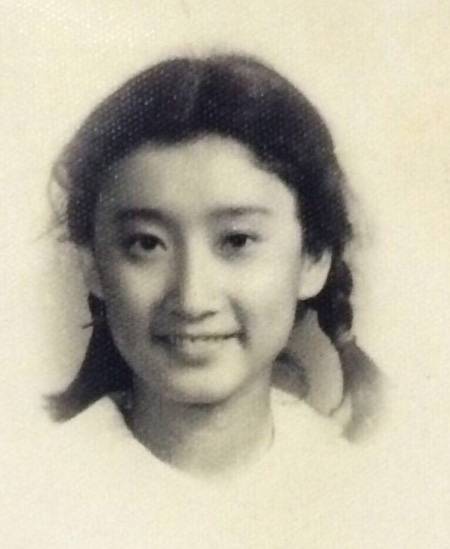
朱柏桐
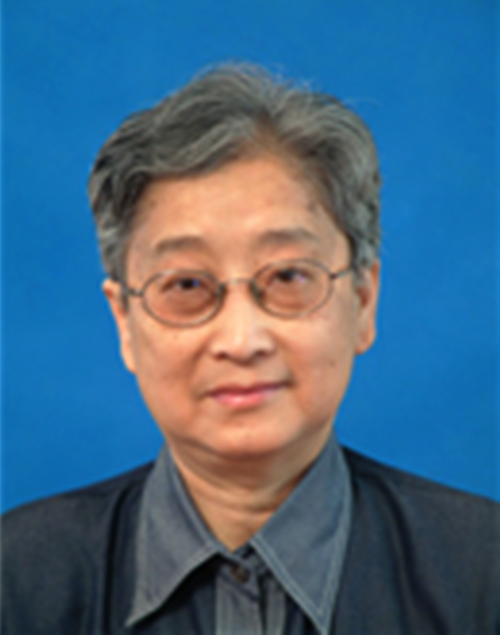
朱柏桐任教天津外语大学期间
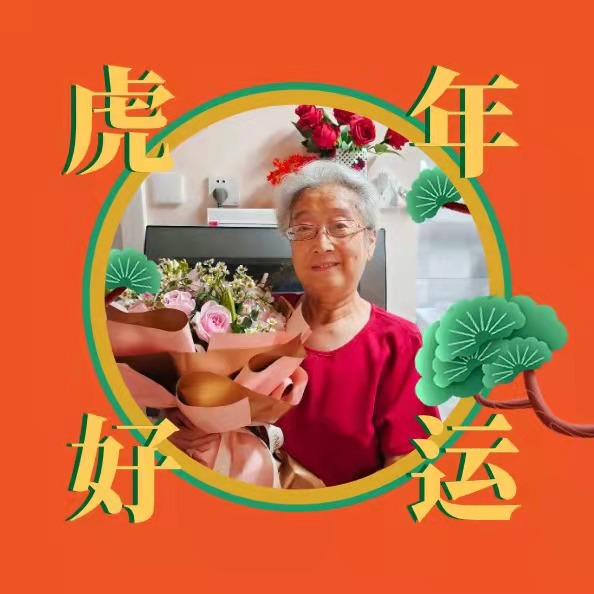
02/2022
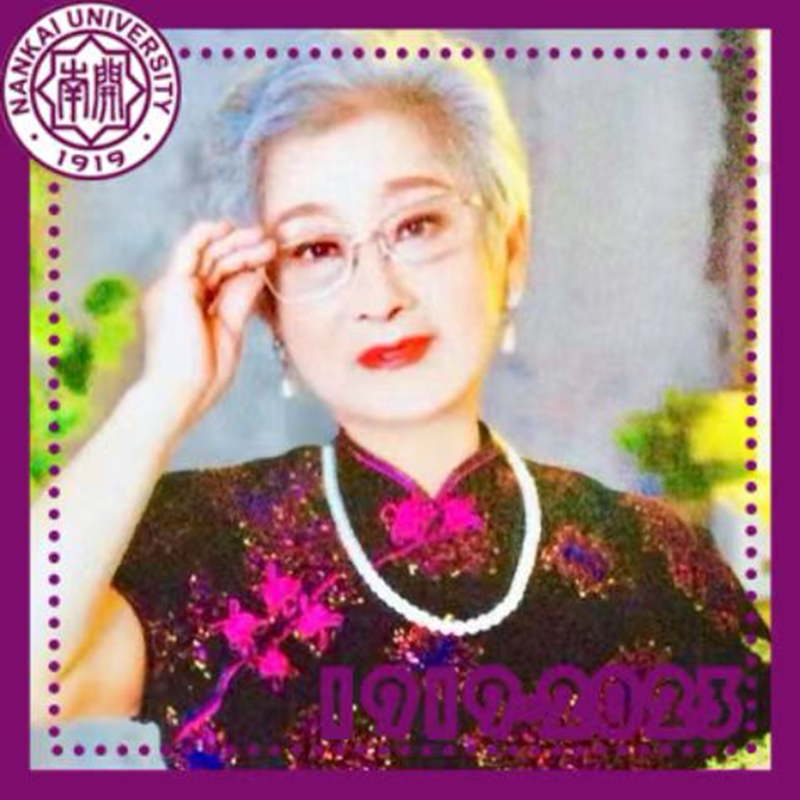
10/2023
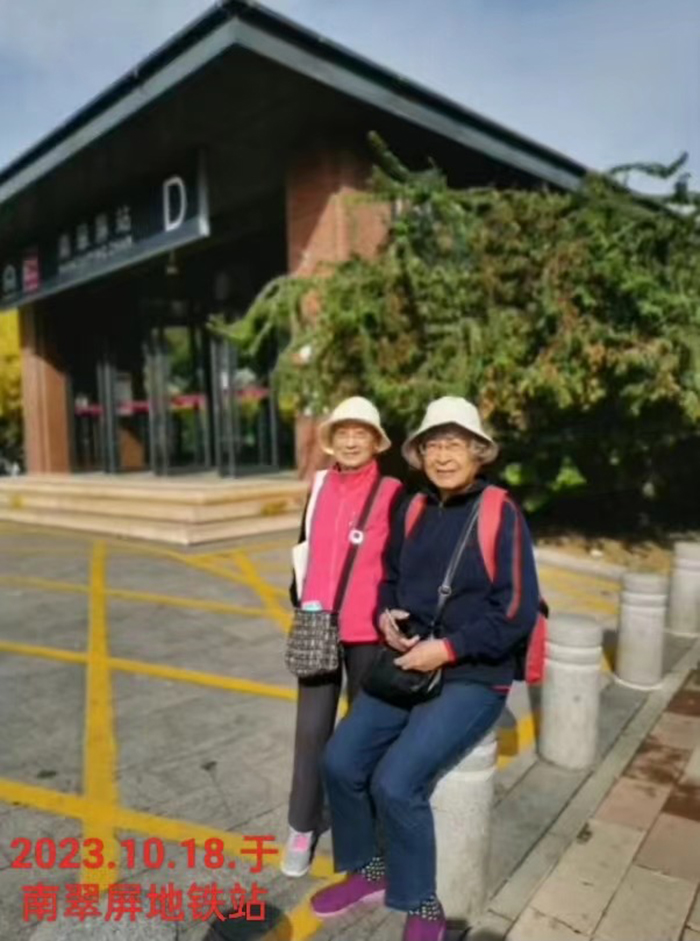

柏桐的先生-俊秀的上海复旦大学62届毕业生夏乙琥
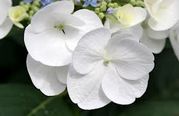    
悼夫诗六首
作者 朱柏桐
悼夫
2009年12月
冬至深夜十一点半,
忽听夫君大声喊。
狂奔屋内忙查看,
惊见君欲撒人寰!
三按三吻皆无果,
回天无力不复活。
夫君归西心意定,
弃我独自守空灵! |
Mourning My Dear Husband
朱柏桐 译
At 11:30 on the Winter’s Arrival night,
Suddenly came my husband’s loud cry.
In great haste, I rushed to his bedside,
And was shocked to find he was going to die!
Desperately I supplied first aid three times,
But all the effort failed to make him revive.
Alas!
My dear husband was determined to go,
Leaving me alone with an empty soul! |
  
最后的愿望
2010年12月
让我悄然离去平静归西,
不要花圈葬礼也不要墓地。
燃尽我残存的空壳之躯,
合葬入桐柏依傍的土里。
放飞我孤独寂寞的灵魂,
去追寻久别的终生伴侣。 |
My Last Wish
朱柏桐 译
Let me die in peace and serenity,
With no wreaths, funeral nor tomb.
Burn up what remains of my empty body,
Bury it under a cypress or a plane tree.
Set free my lonely wandering soul,
To seek and join my departed husband,
Who left me eternally so long ago. |
  
祭日告慰夫君
朱柏桐
不堪回首一瞬间,
我失夫君已三年。
今有喜讯做祭奠,
苦尽甘来笑开颜。
苍天有眼助雷儿,
喜结良缘神箭穿。
你我皆可释开怀,
共助新人永美满。 |
|
On Yihu’s Third Memorial Day
朱柏桐 译
My heart aches to recall that terrible moment
When I lost you forever so suddenly.
On this special day, I have good news to tell,
Which will make you rest in tranquility.
God has compensated all our misery,
By shooting a Cupid Arrow at our son, Lei.
So both of us can set our minds at ease,
And bless the newly-weds all happiness. |
|
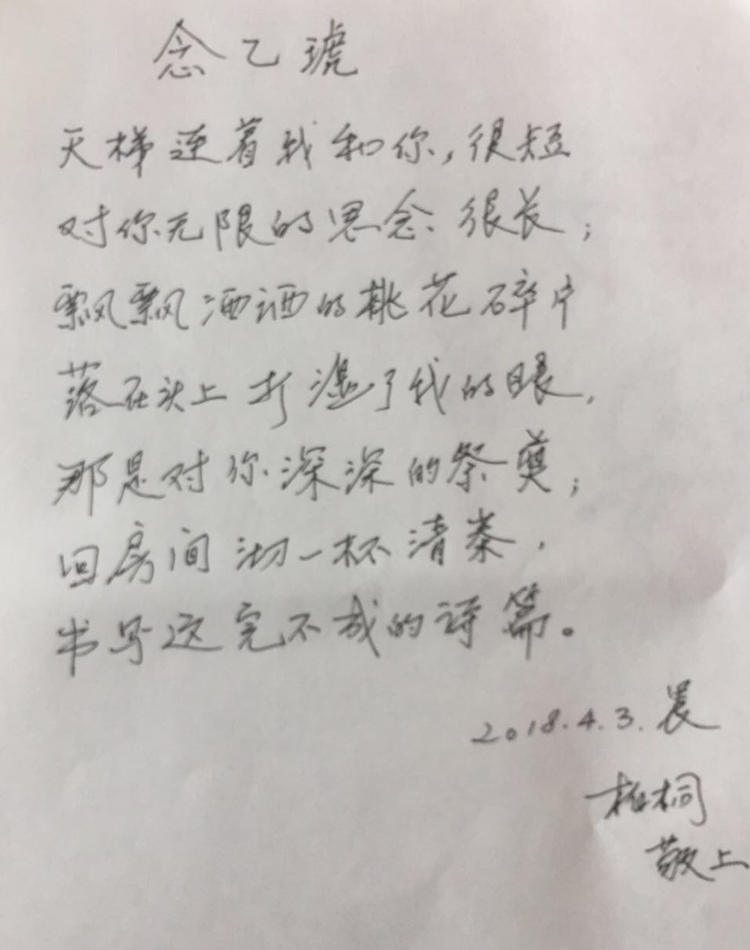
悼夏已虎十年逝
十年阴阳相隔远。魂入梦,情未减。岁月如梭,满头银发染。独立窗前望月空,眼迷离,泪轻弹。
当年相识在校园,书为媒,心相恋。卿卿我我共话夜无眠。 如今人去精神在。藕虽断,丝仍连。
柏桐 12/21/2019
祭乙琥
今年冬至不平凡,
继续抗疫战新冠,
天国安详又宁静,
远离纷争和災難。
一晃诀别十一年,
今日共享神之宴,
空杯对月心不乱.
无酒无茶无侣伴。
2020/12/21 晚21:00
【老同读后留言】
柏桐:时间过得真快,没想到老夏离开我们已经十一年了。这些年你过得也不容易,所幸孩子们都很有出息,也懂得孝敬母亲,现在过上了好生活,足以告慰老夏了。祝你们全家安康—安全、健康。(谷启楠)
小朱了不起,精神状态活跃,外貌不像老太太,像个四五十岁的中年妇女!(吴则田)
朱柏桐不忘夏乙虎,一片忠心,可敬。(刘士聪)
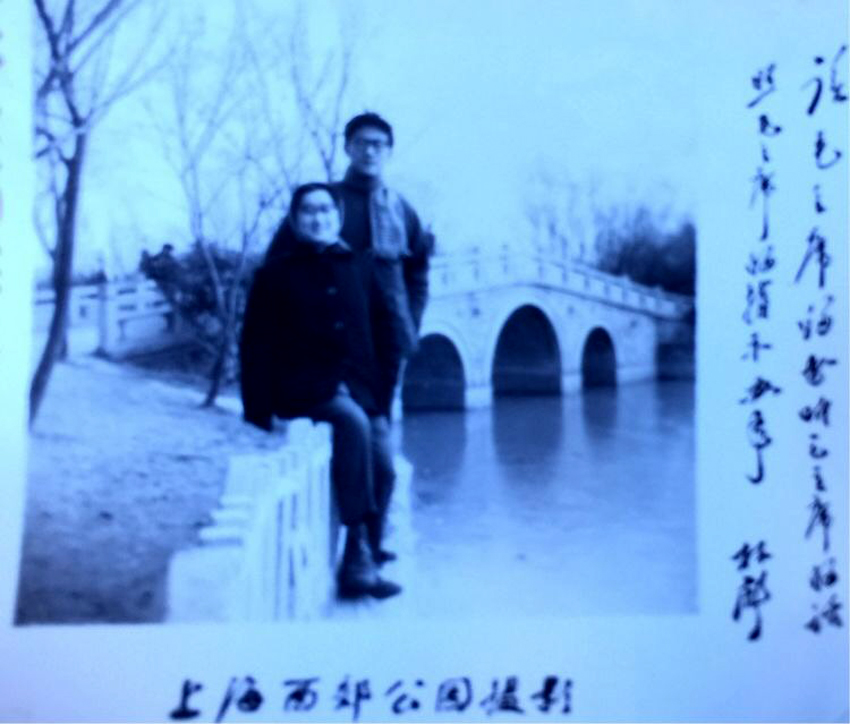
二人世界上海西郊公园合影
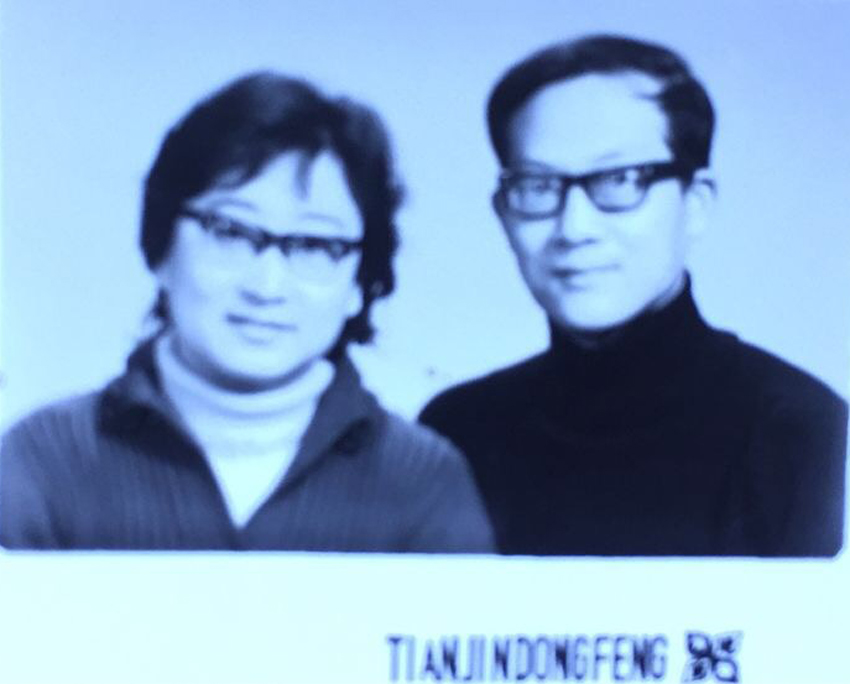
二人世界
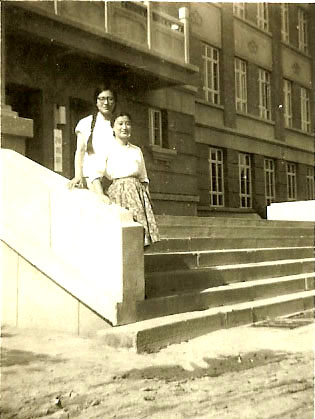
朱柏桐与许荣仙,1965于校图书馆前
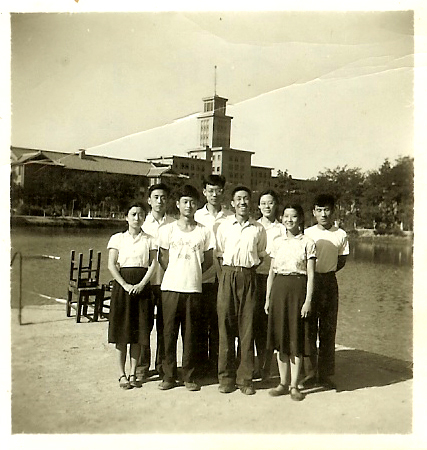 分组毕业照前排左起第一人为朱柏桐 1965
分组毕业照前排左起第一人为朱柏桐 1965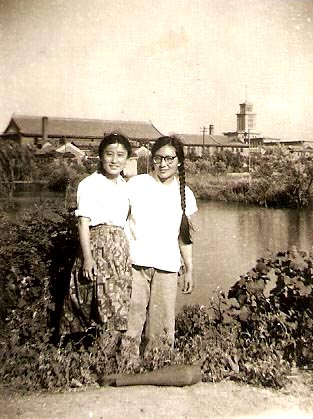
朱柏桐许荣仙,校园南门外 1965

朱柏桐
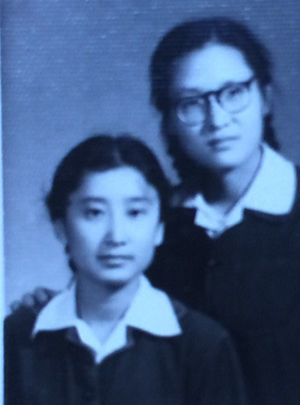
朱柏桐、许荣仙
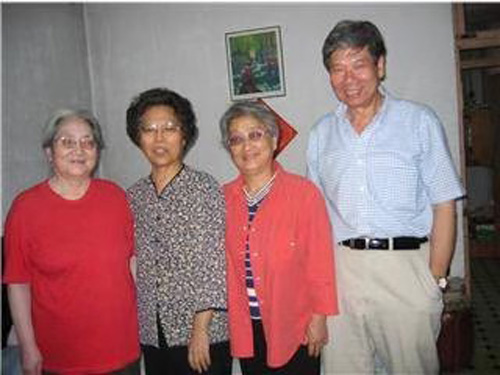

Botong with her sister 2025
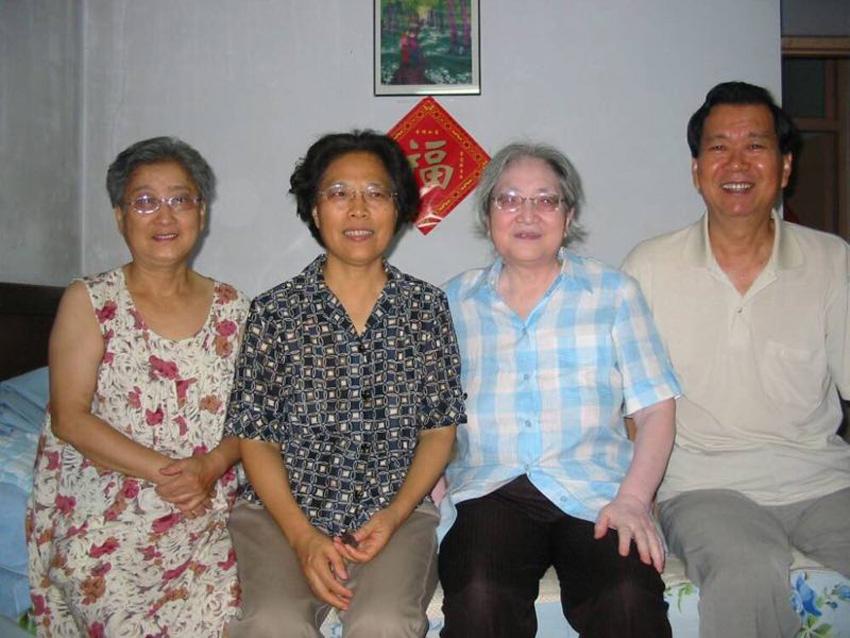
左起朱柏桐、王蕴茹、许荣仙、常耀信
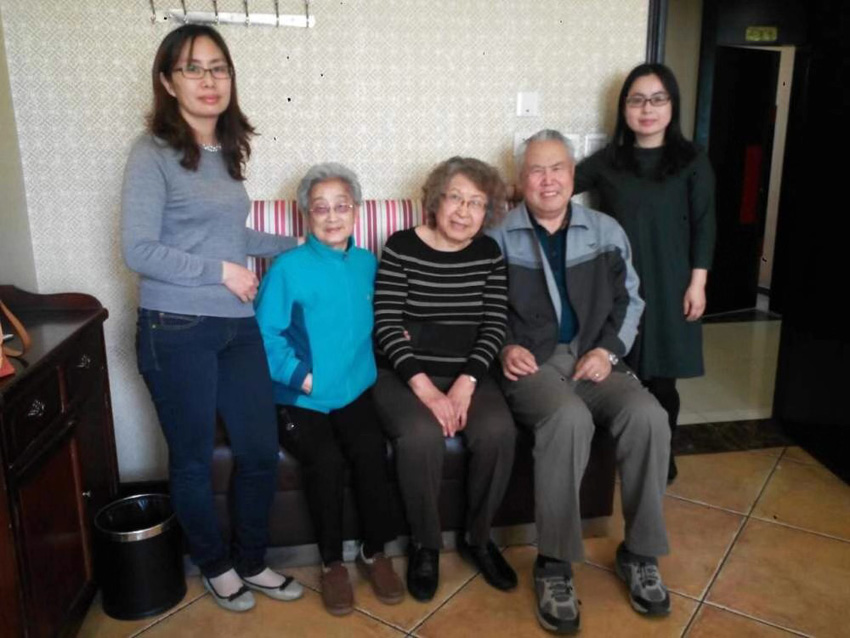
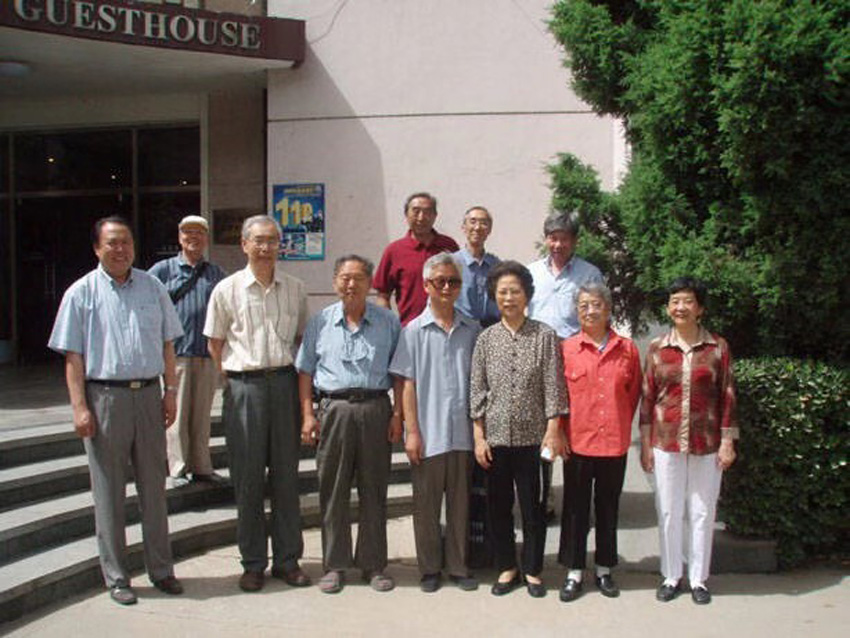
前排左起崔永禄、刘士聪、吴则田、杨俊起、王蕴茹、朱柏桐、谷启楠;
后排左起李广然、宫自强、李维树、梁一雄。

2020年9月

外校校友合唱没有共产党就没有新中国。作曲家曹火星的女儿曹老师也参与其中。作为党的99诞辰的礼物多合适呀! 朱柏桐(指挥者)高唱《没有共产党就没有新中国》, 2020年。
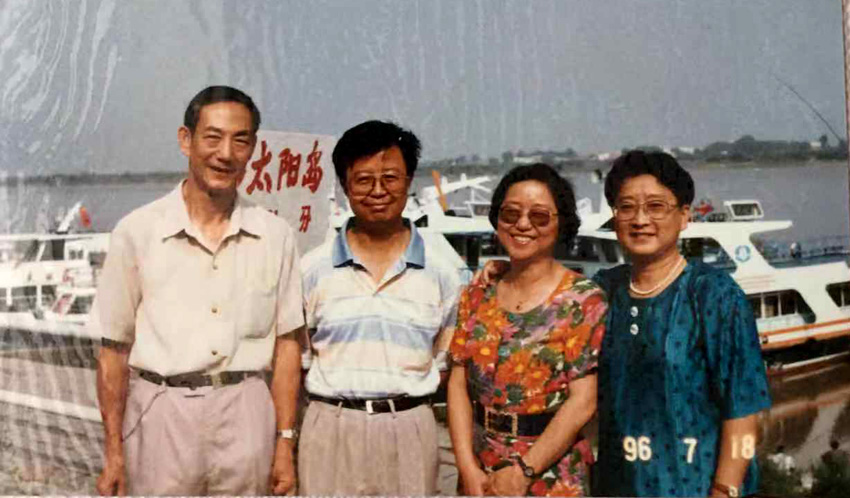
朱柏桐与贺新在加拿大
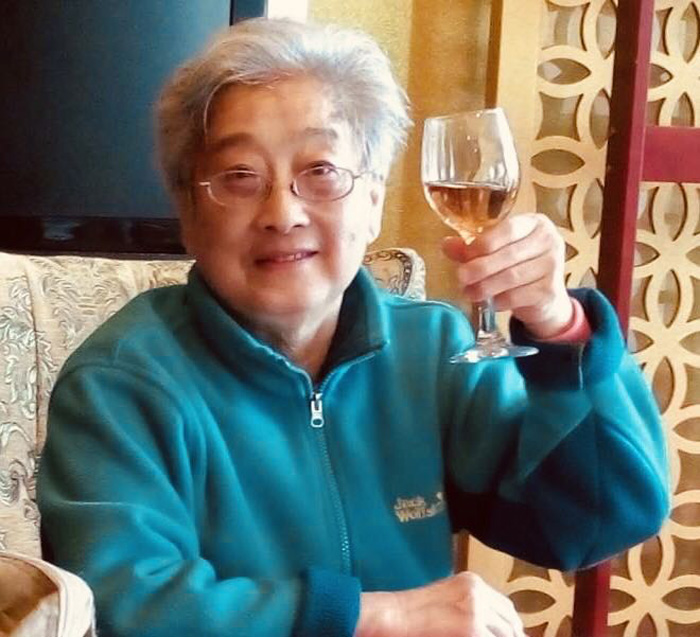
21世纪的柏桐祝各位2020新年快乐!
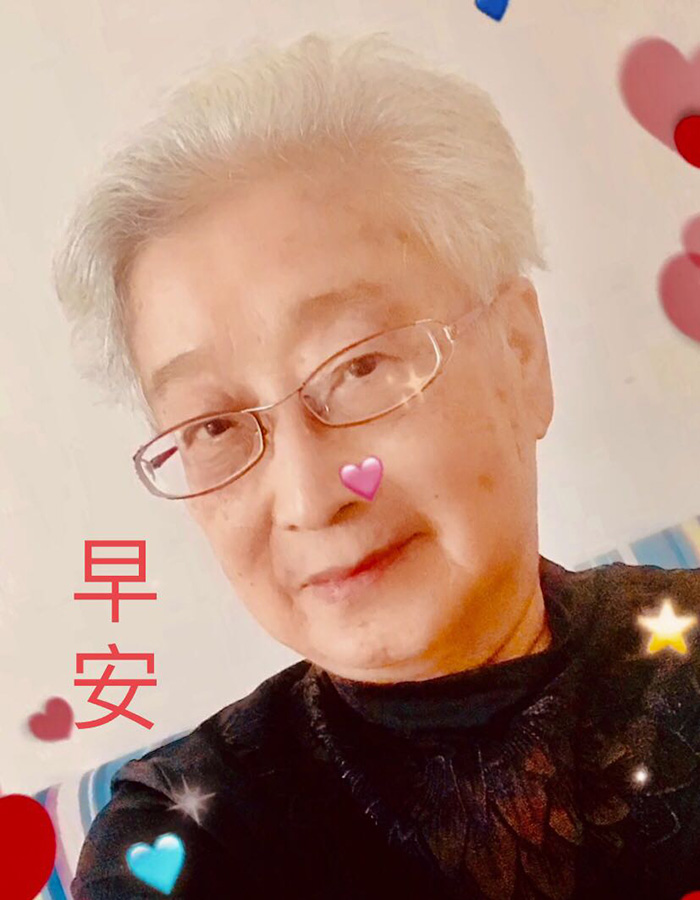
Botong 2020
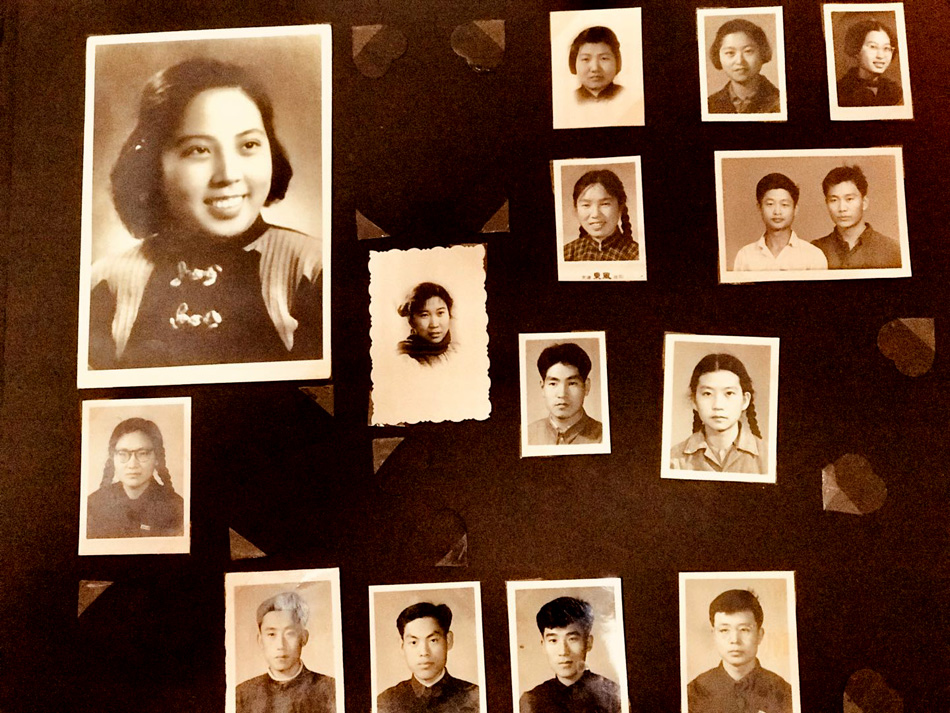
1965年南开外文系英专大学毕业同学留影。鲁琪大姐在左上角。
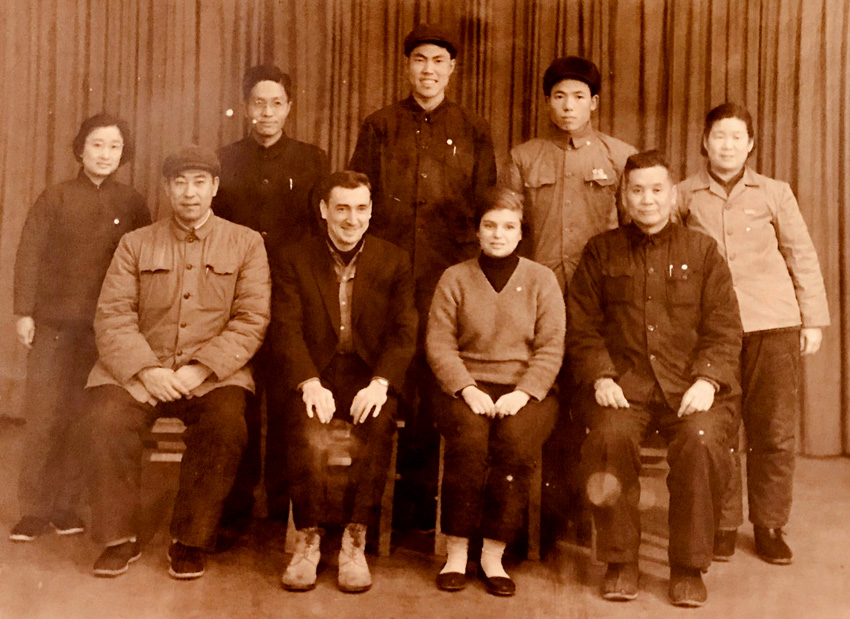
前排右起校办靳主任、师资培训班2班外教Jannet Andrew和Mr.Andrew(安德魯夫妇);后排左起朱柏桐、谷生瑞、崔永禄、XXX、校办胡占采。
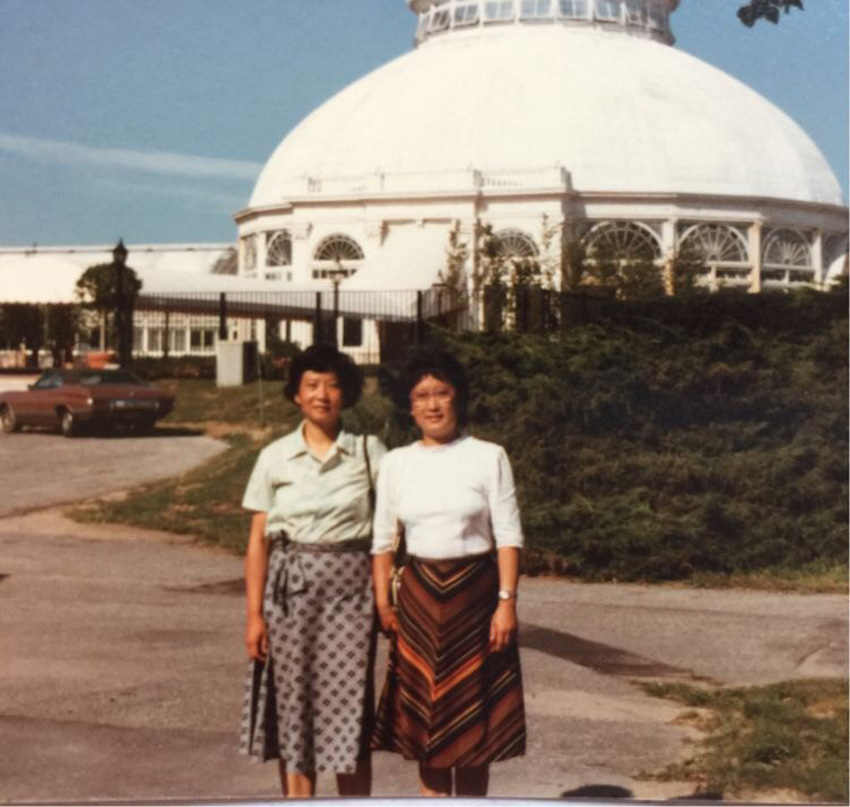
谷启楠、朱柏桐在加拿大留学。 这是我刚做的美篇,是1983年在加拿大留学时照的。暑假期间我和谷启楠从多伦多出发一路经过美国的纽约州到达纽约历时十几天。期间在谷启楠的美国朋友家小住几日,尽享幽静美丽的田园风光,到纽约在我妹夫工作的医院宿舍住几日。欣赏了国际大都会的奢侈繁华。这样我们共度了一段美好难忘的时光。
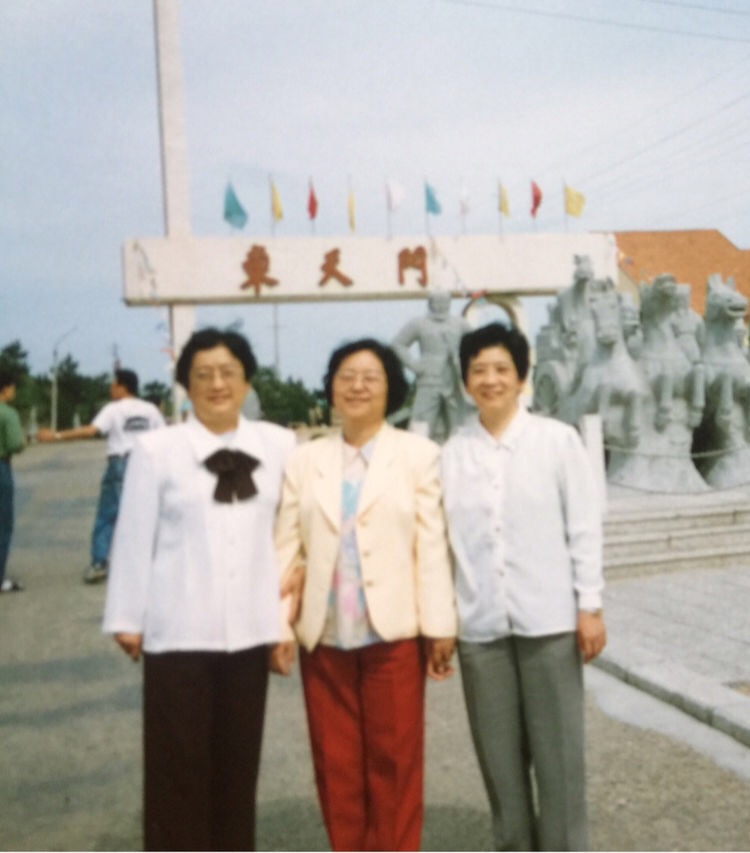
左起朱柏桐、贺曼丽(贺新)、谷启楠留学
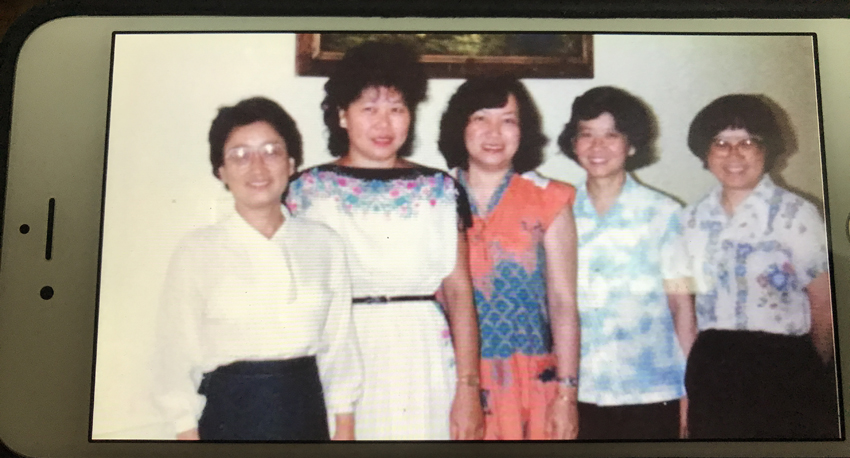
朱柏桐谷启楠在加拿大留学
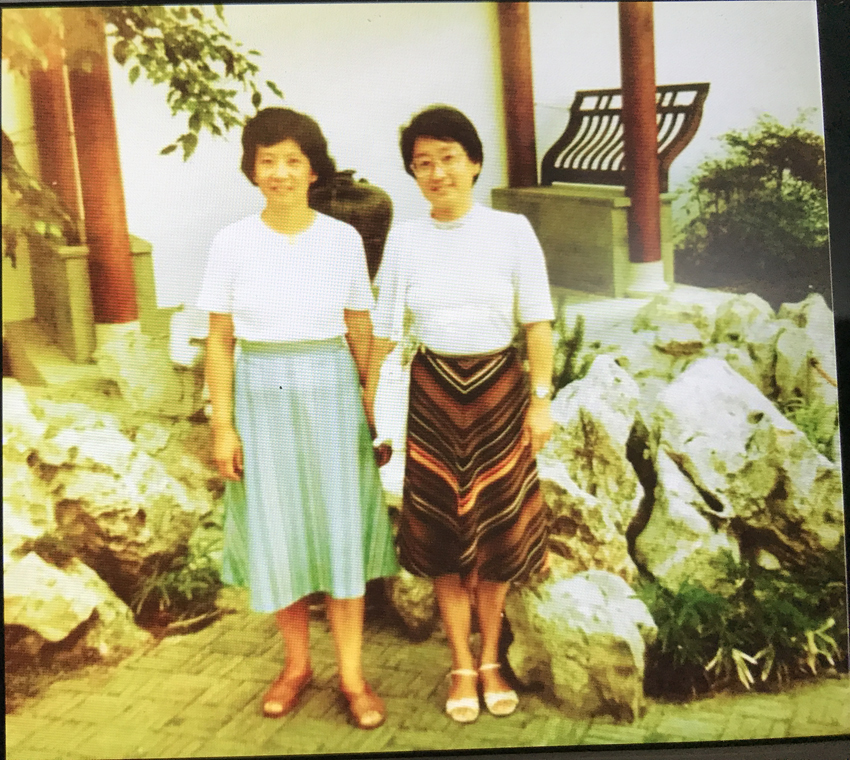
朱柏桐谷启楠在加拿大留学
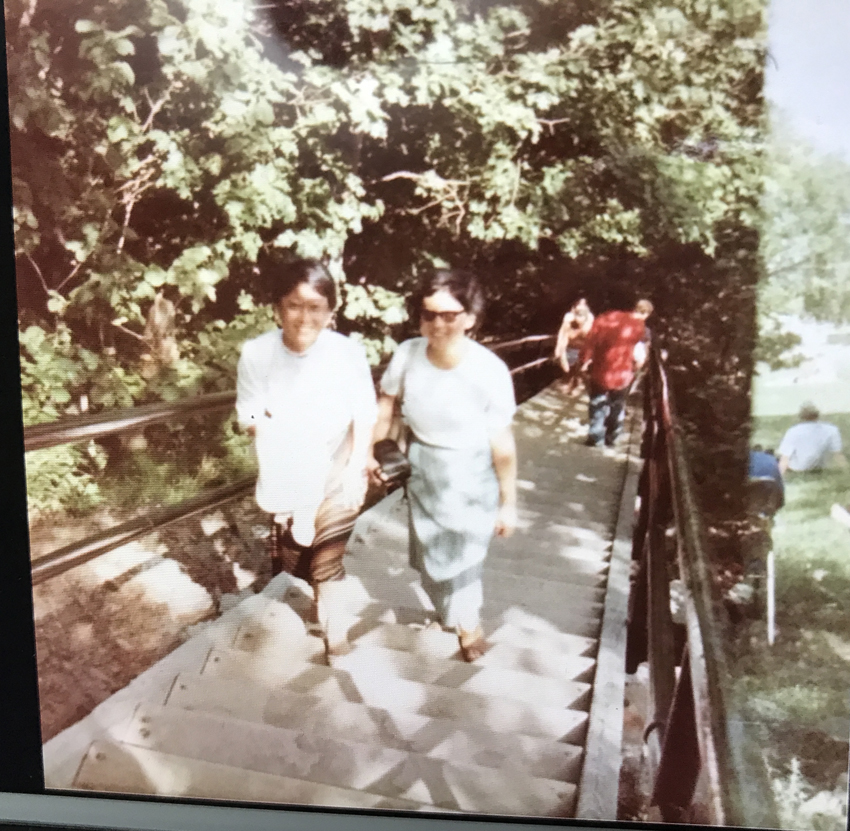
朱柏桐谷启楠在加拿大留学
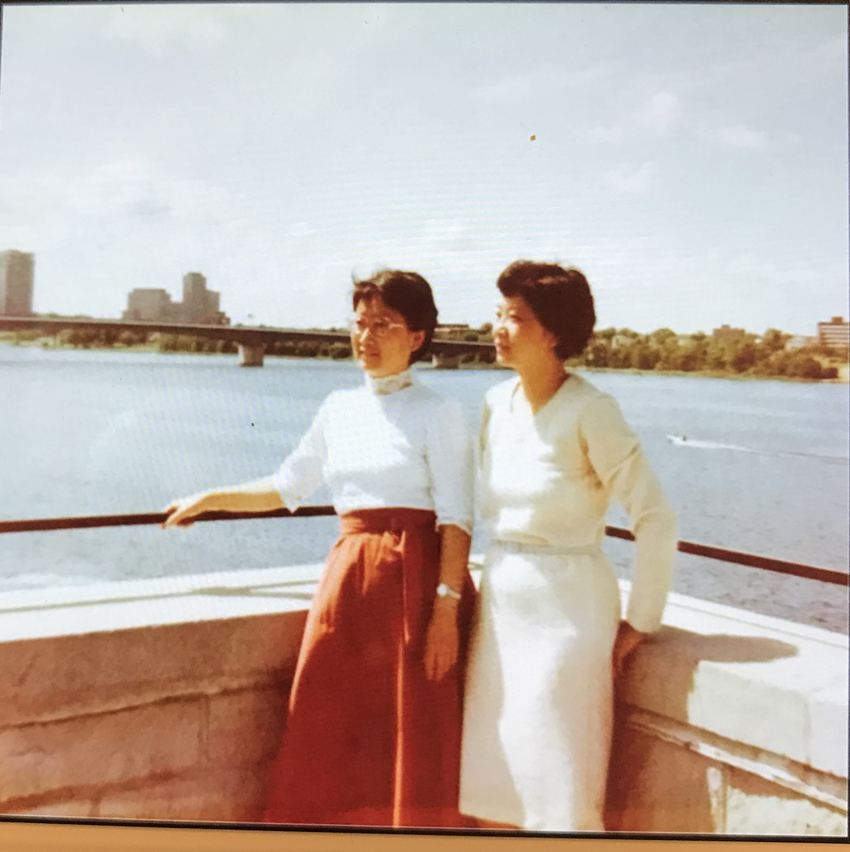
朱柏桐谷启楠在加拿大留学
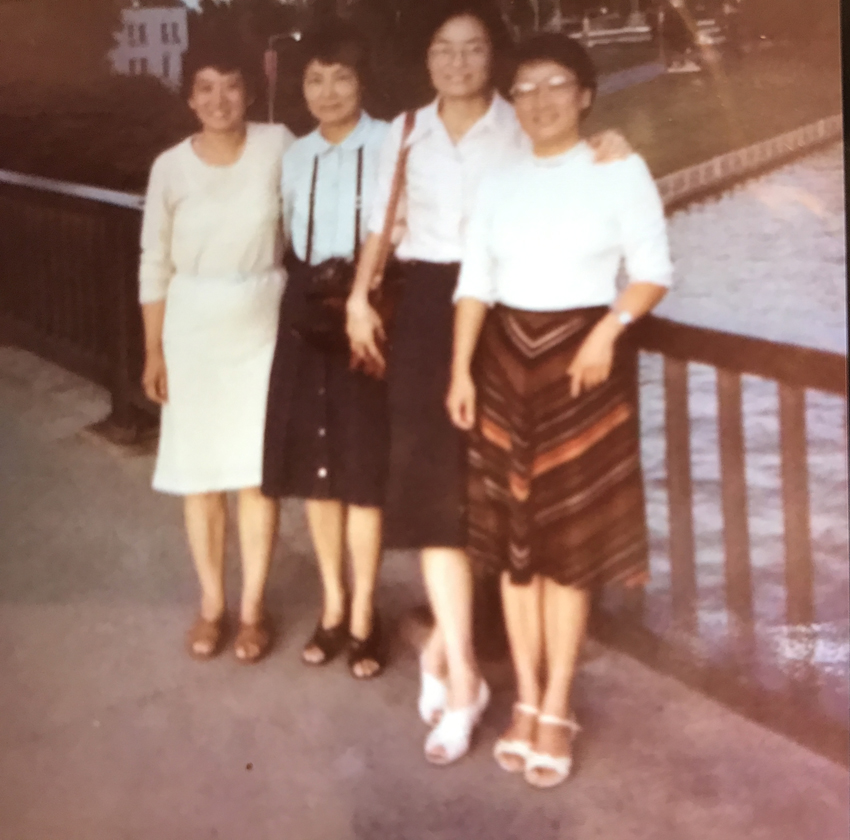
朱柏桐谷启楠在加拿大留学
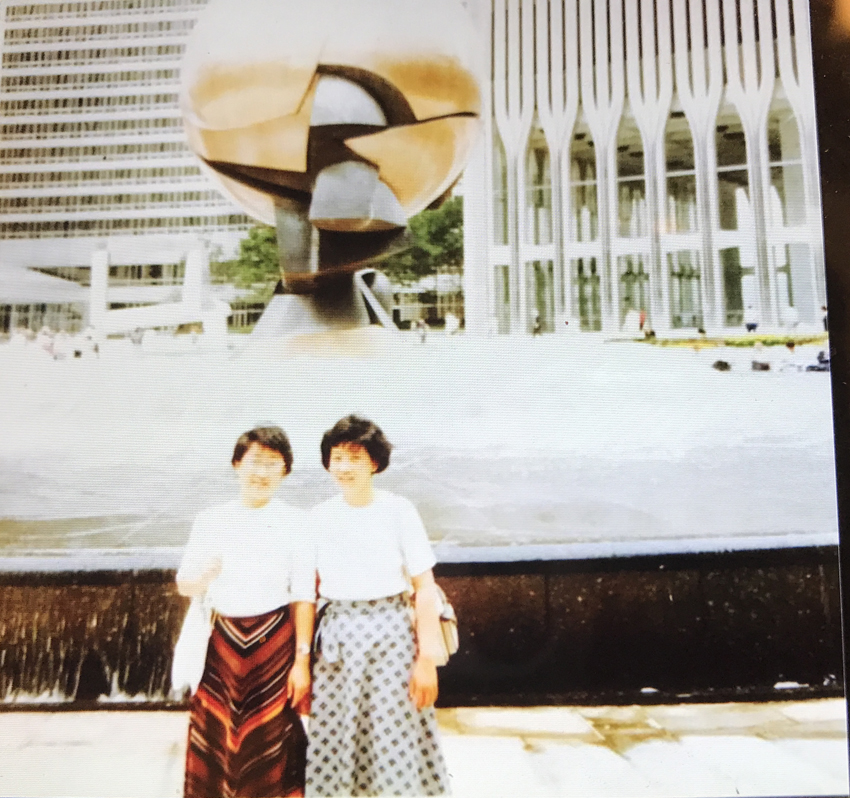
朱柏桐谷启楠在加拿大留学
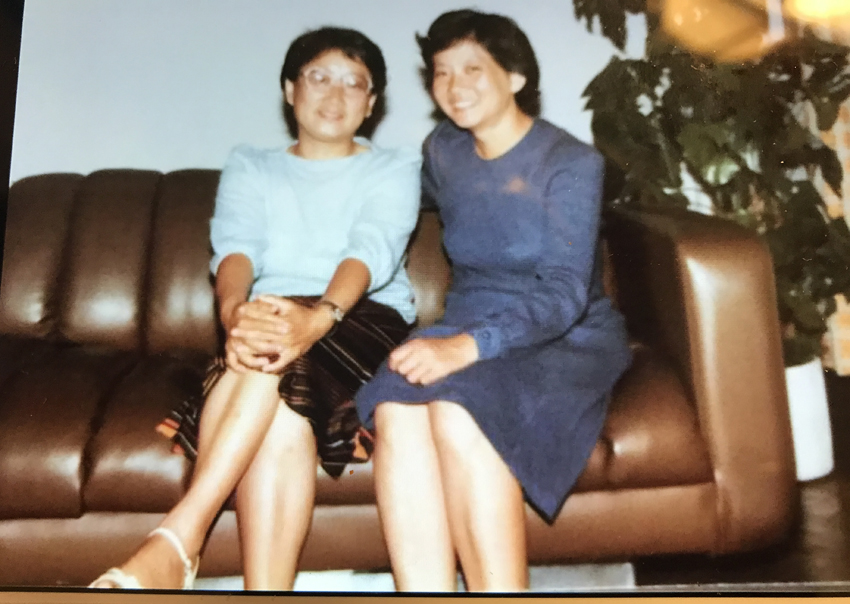
朱柏桐谷启楠在加拿大留学
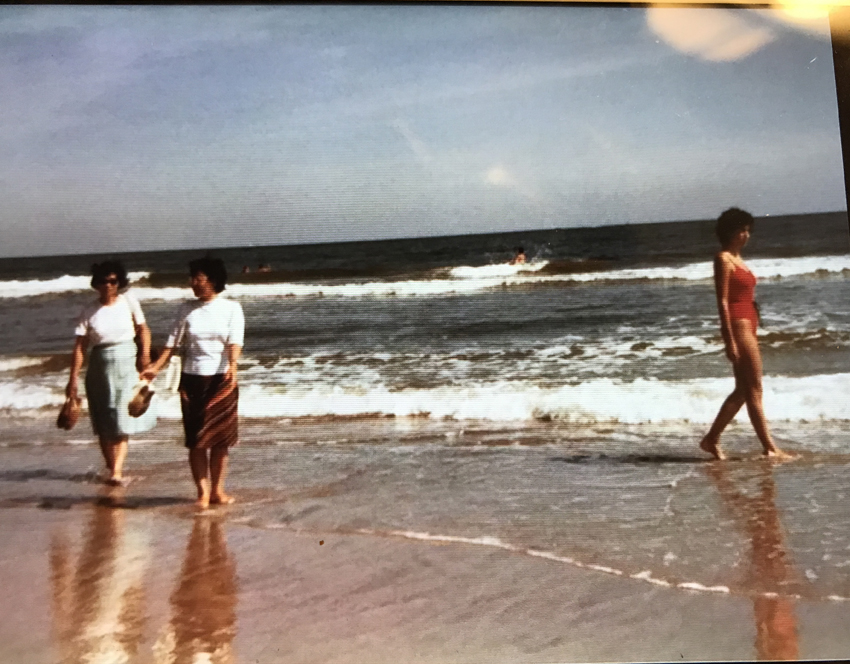
朱柏桐谷启楠在加拿大留学
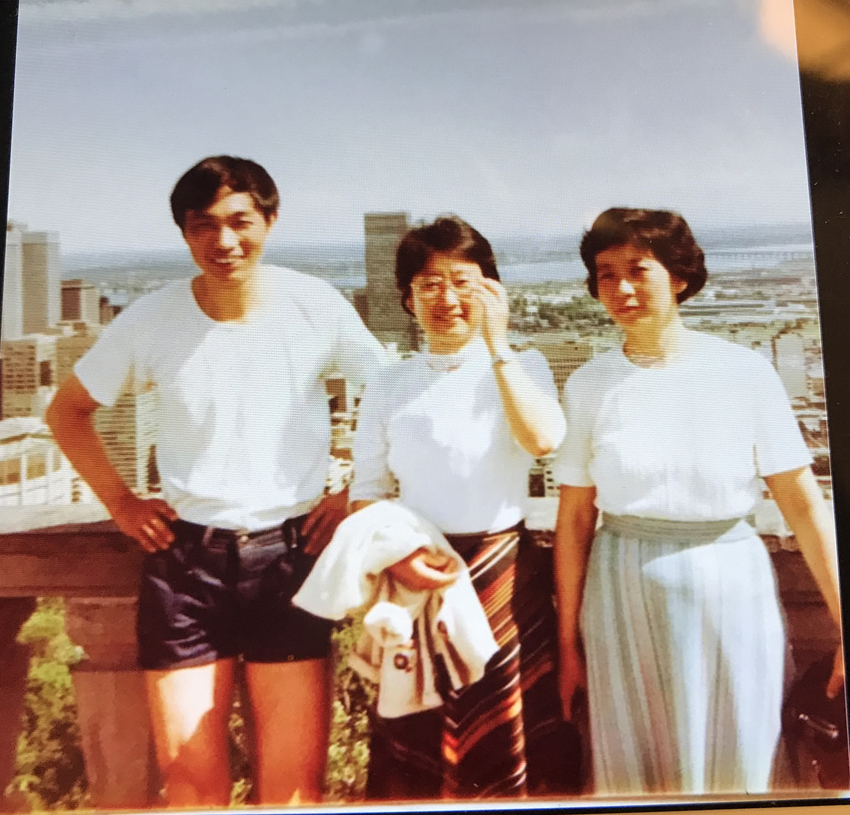
朱柏桐谷启楠在加拿大留学
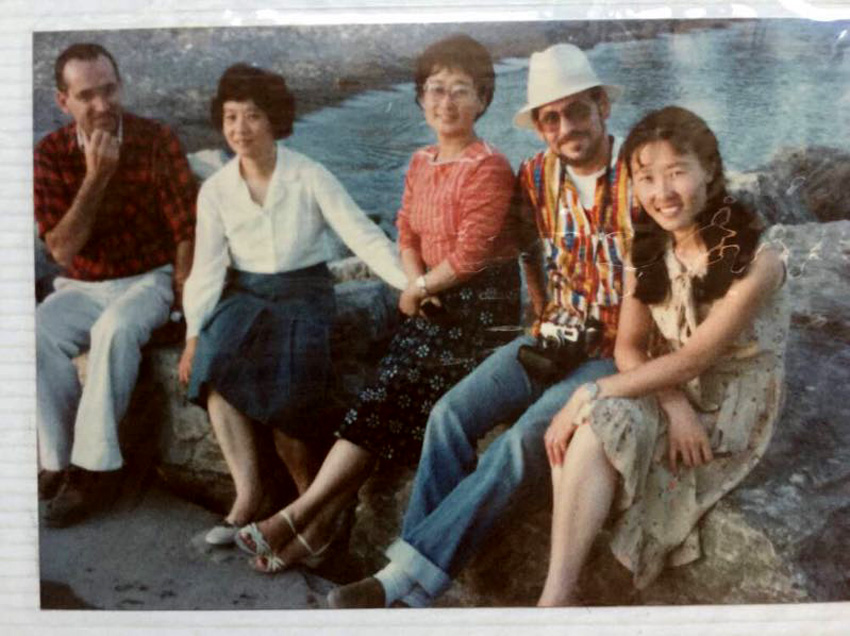
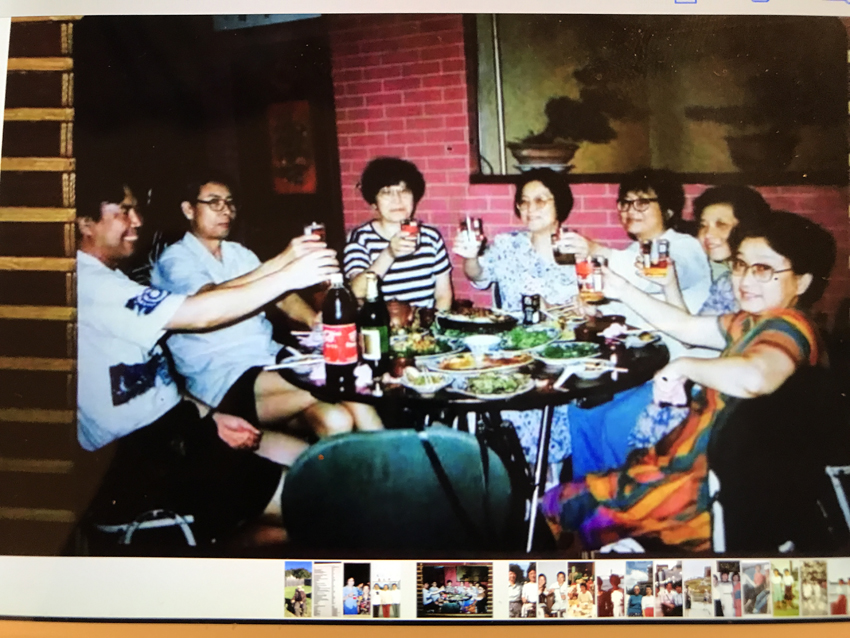
90年代贺新来津老同学聚会欢迎:左起崔永禄、刘士聪、孙毅兵、贺新、许荣仙、谷启楠、朱柏桐。

90年代贺新到天津与老同学团聚
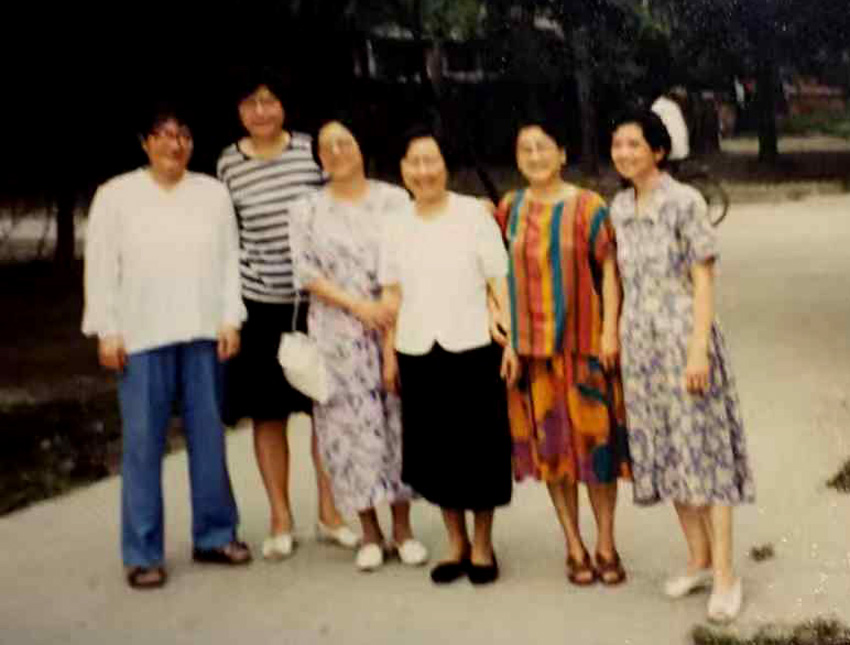
90年代贺新到天津与老同学团聚:左起许荣仙、孙毅兵、贺新、 马老师、朱柏桐、谷启楠
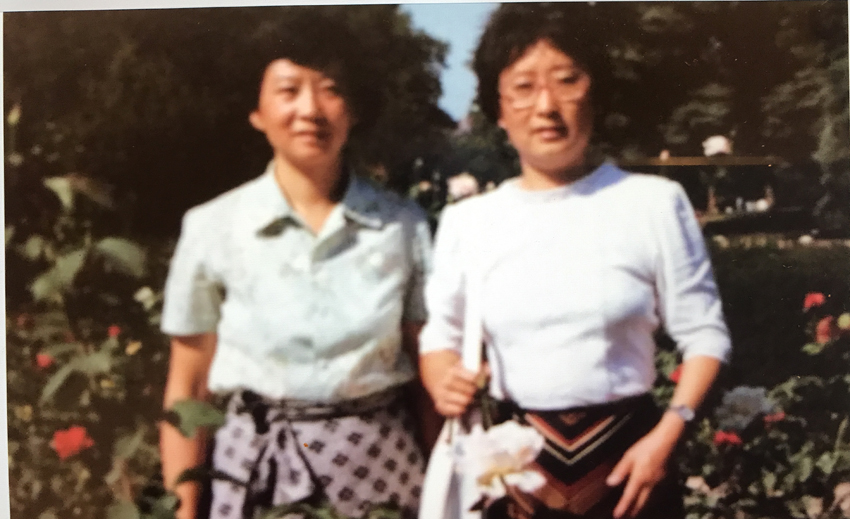
朱柏桐谷启楠在加拿大留学
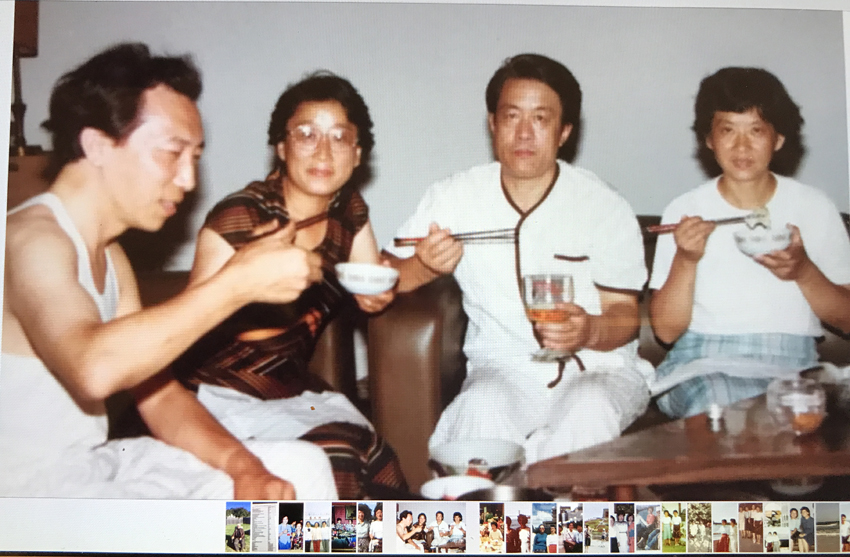
朱柏桐谷启楠在加拿大留学
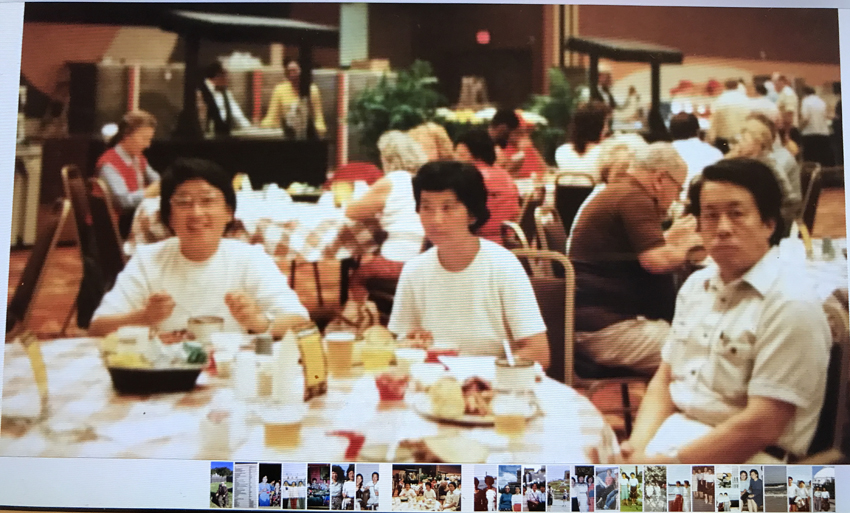
朱柏桐谷启楠在加拿大留学
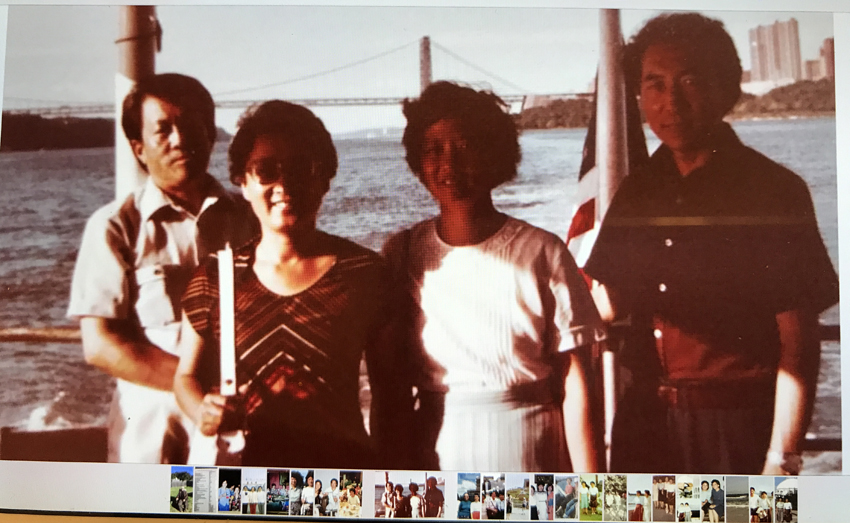
朱柏桐谷启楠在加拿大留学
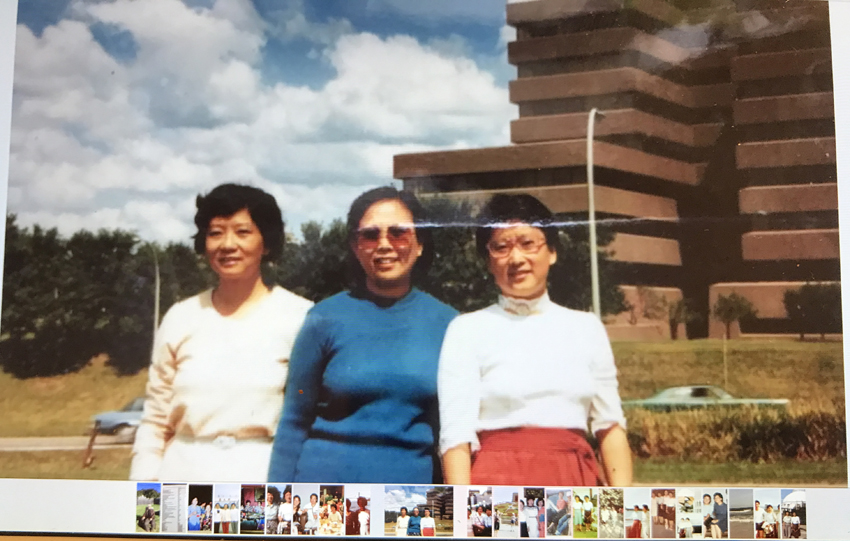
朱柏桐谷启楠在加拿大留学
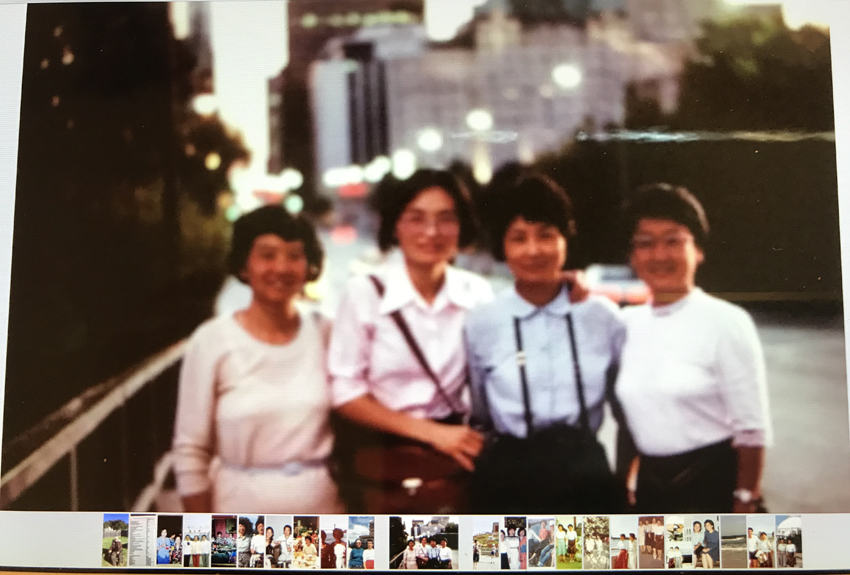
朱柏桐谷启楠在加拿大留学
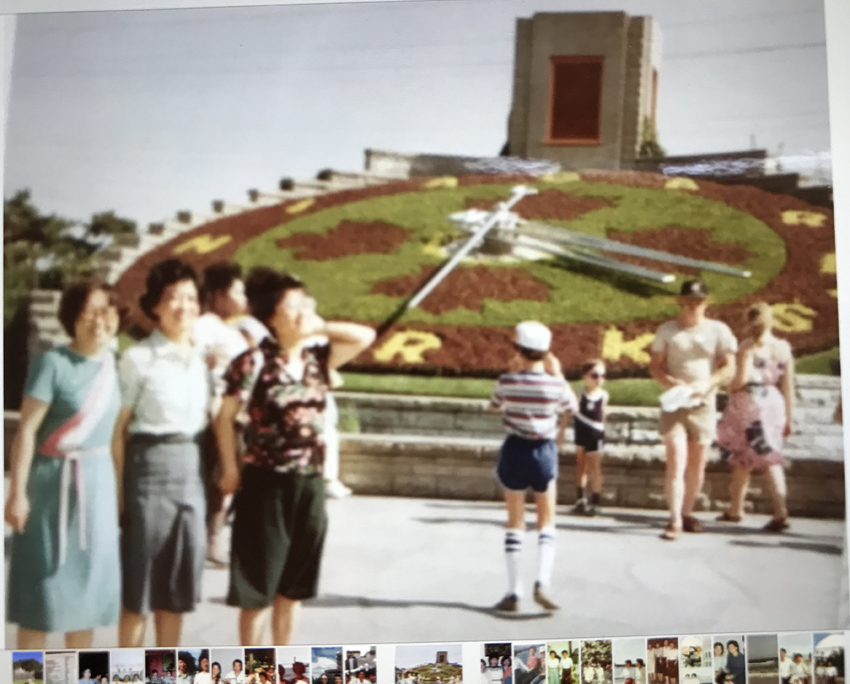
朱柏桐谷启楠在加拿大留学
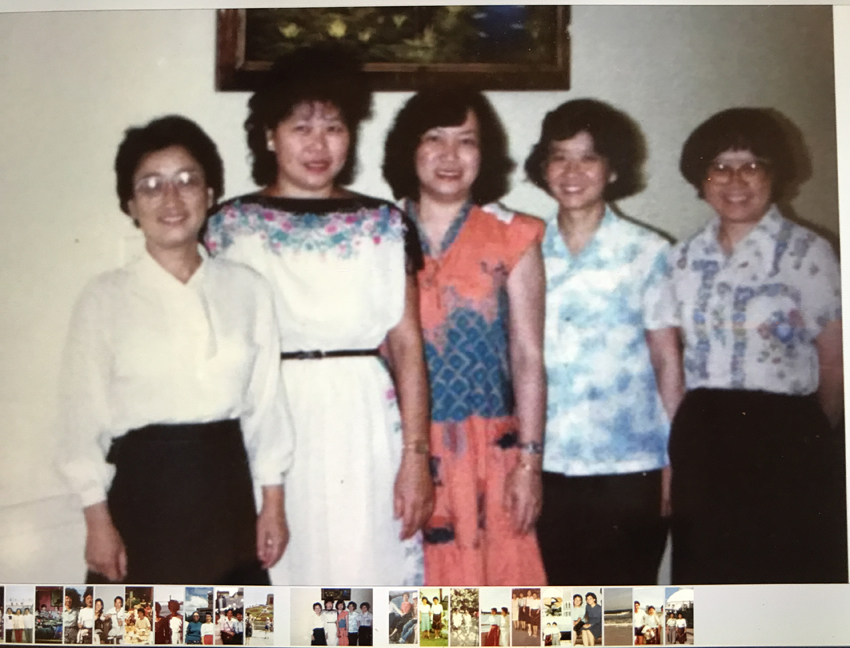
朱柏桐谷启楠在加拿大留学
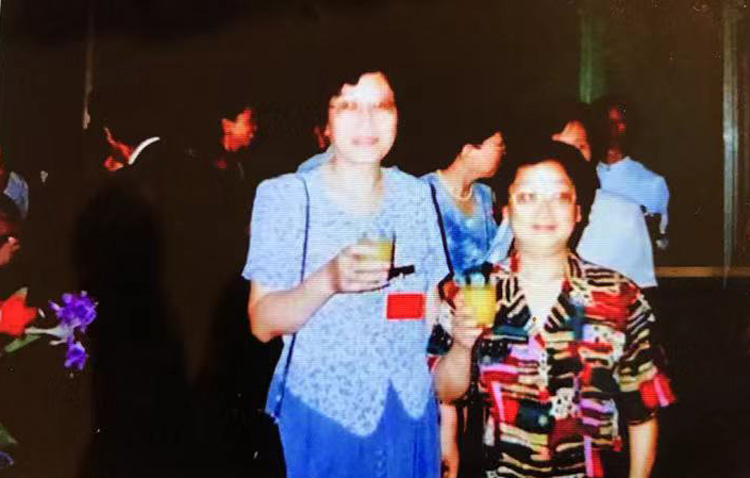
朱柏桐和孙毅兵在爱尔兰使馆参加乔伊斯作品《尤利西斯》研讨会。
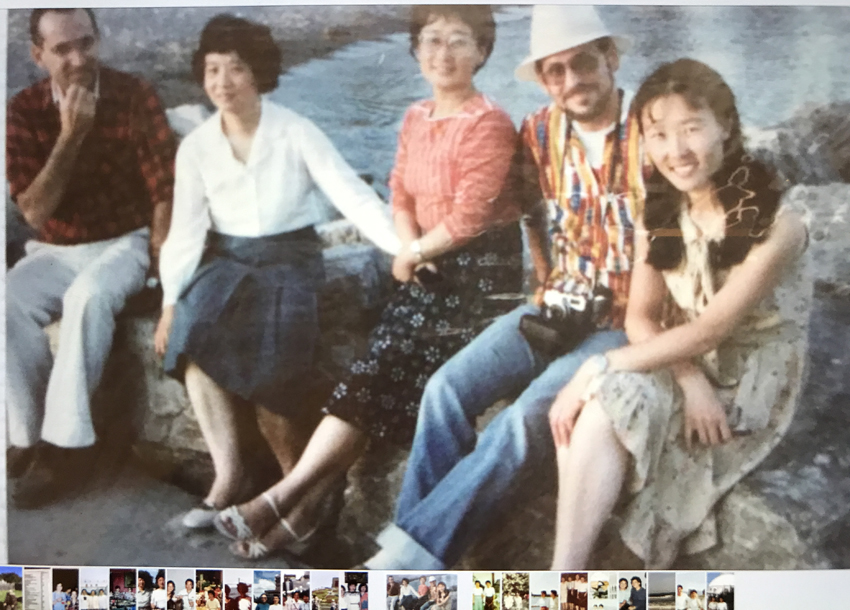
朱柏桐谷启楠在加拿大留学
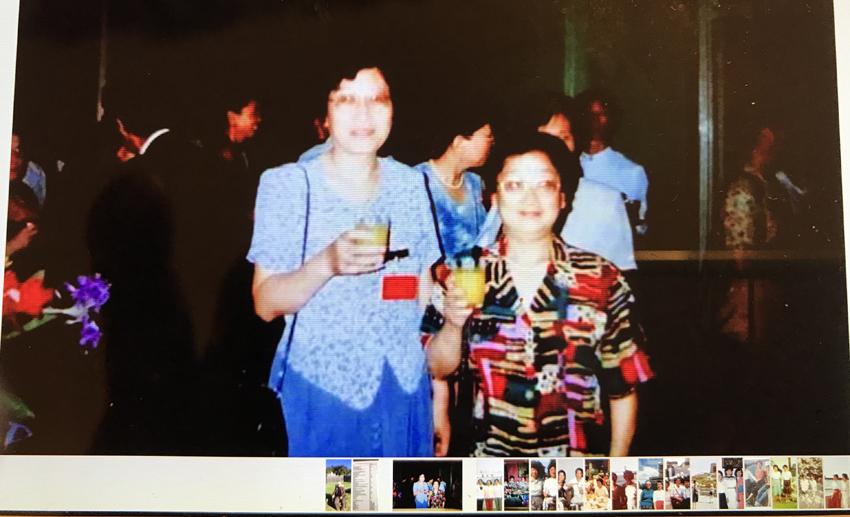
朱柏桐谷启楠在加拿大留学
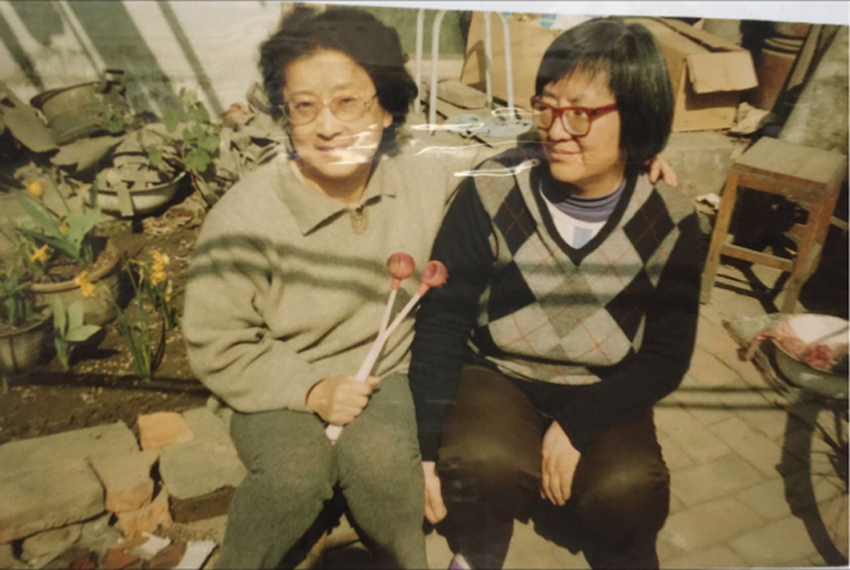
朱柏桐许荣仙
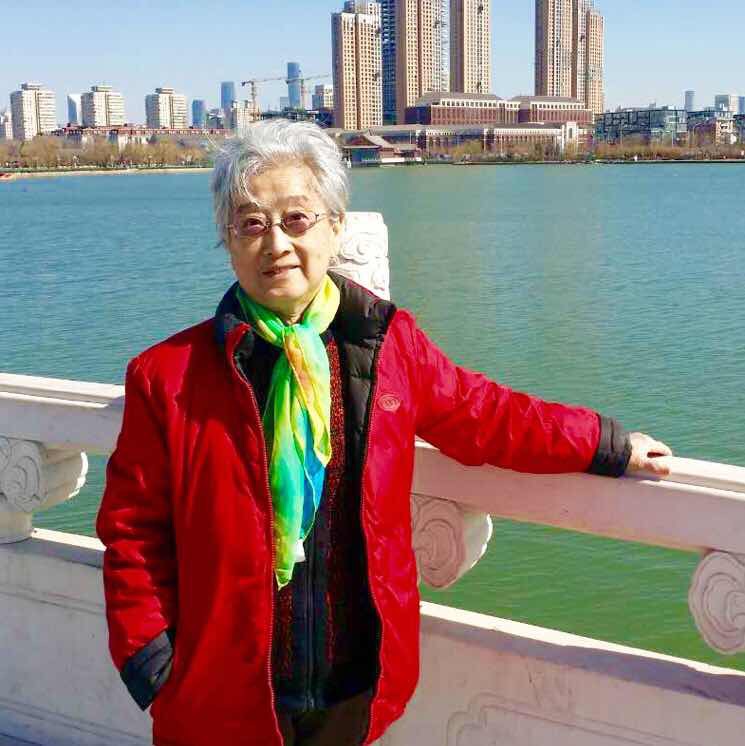
朱柏桐近照
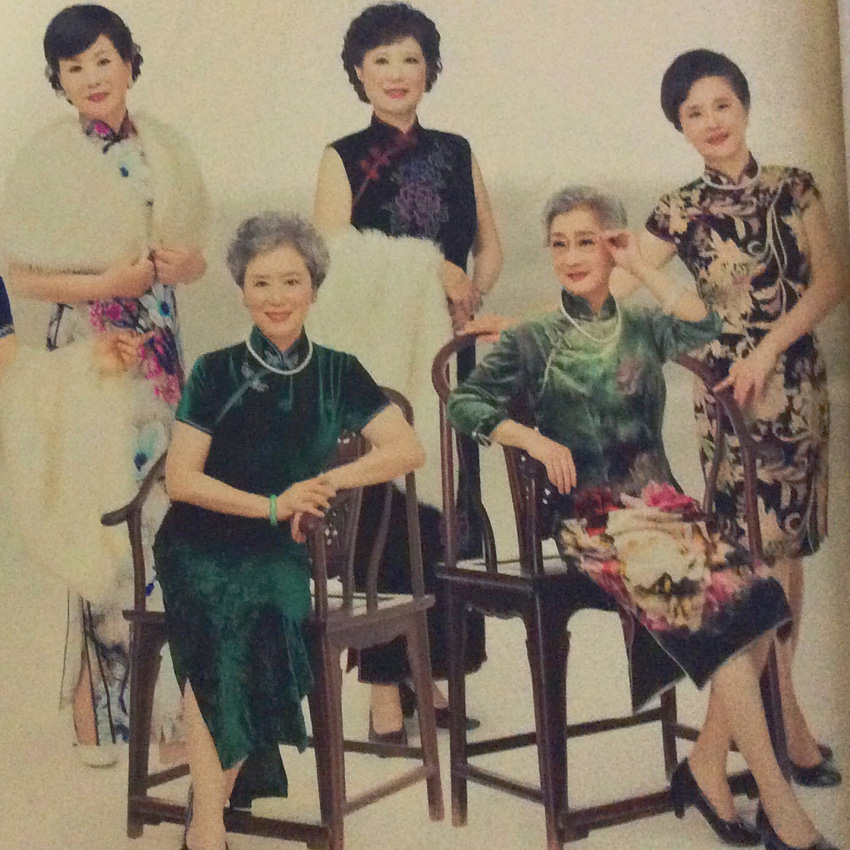
前排右起座位第一人是朱柏桐
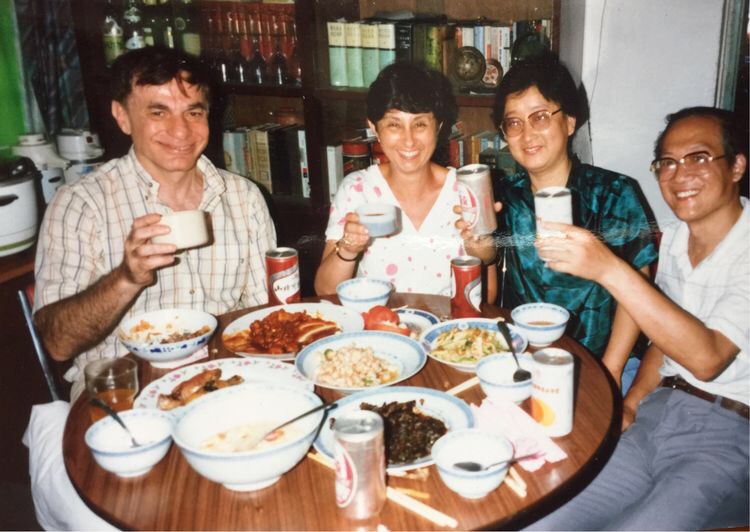
在家里招待外国朋友
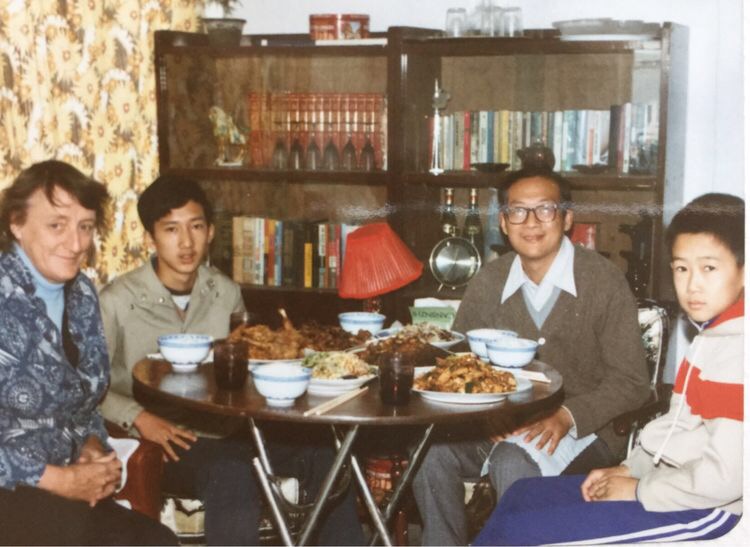
在家里招待外国朋友Dorothy(天津外院外教)
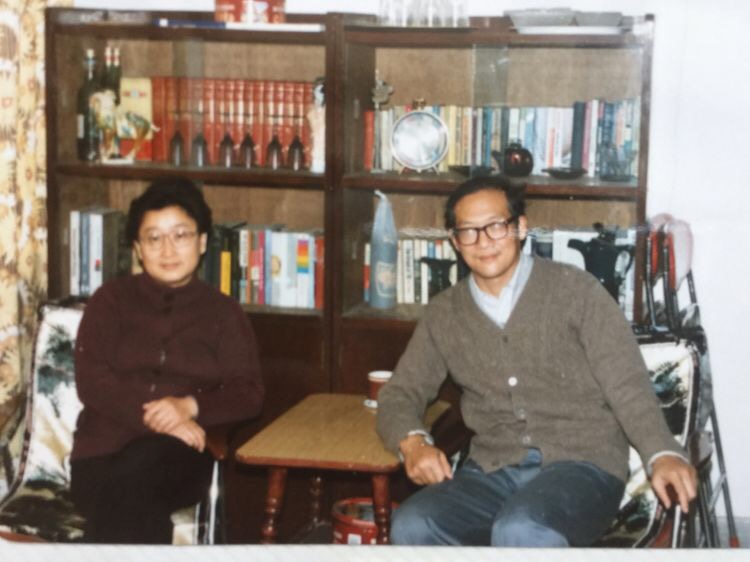
在天大四季村的家
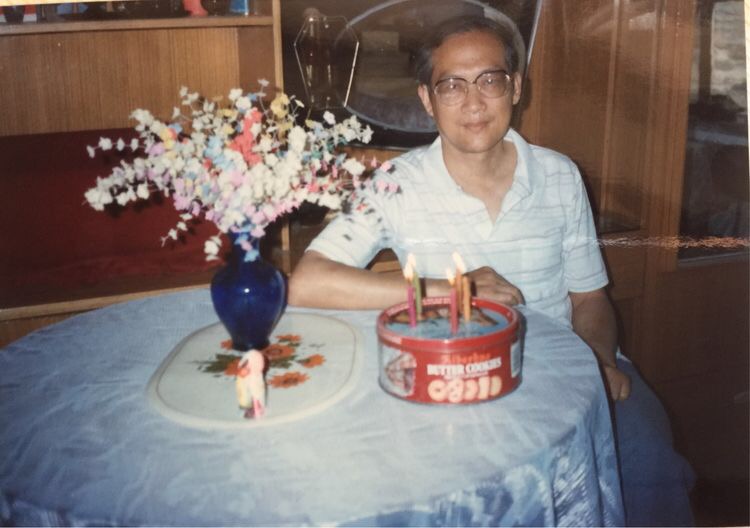
乙琥五十大寿
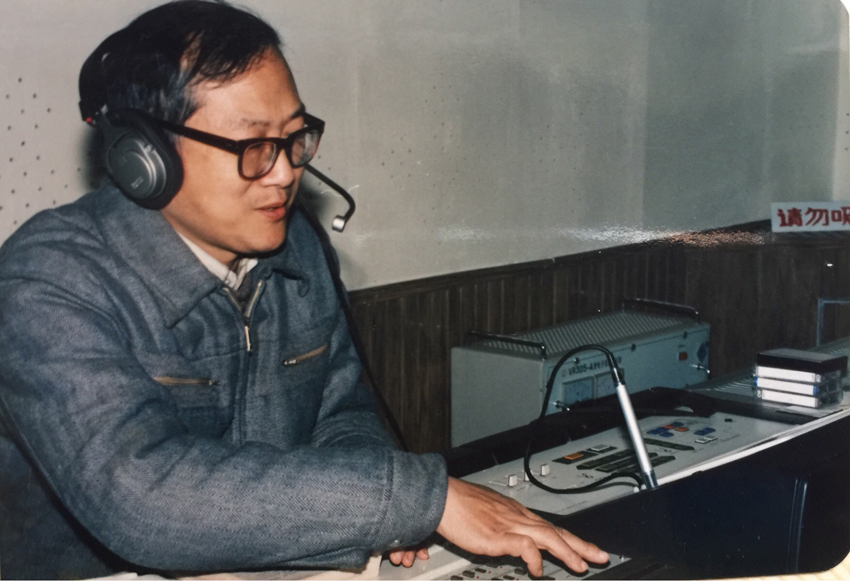
乙琥在工作
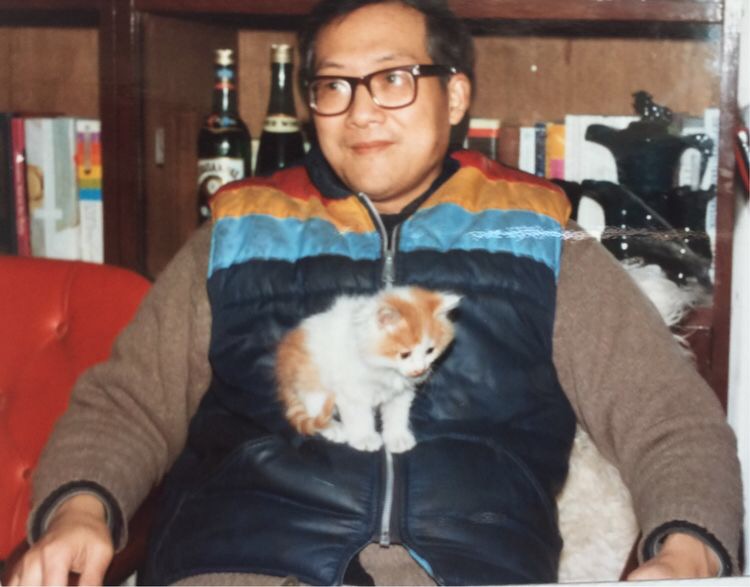
乙琥与家猫
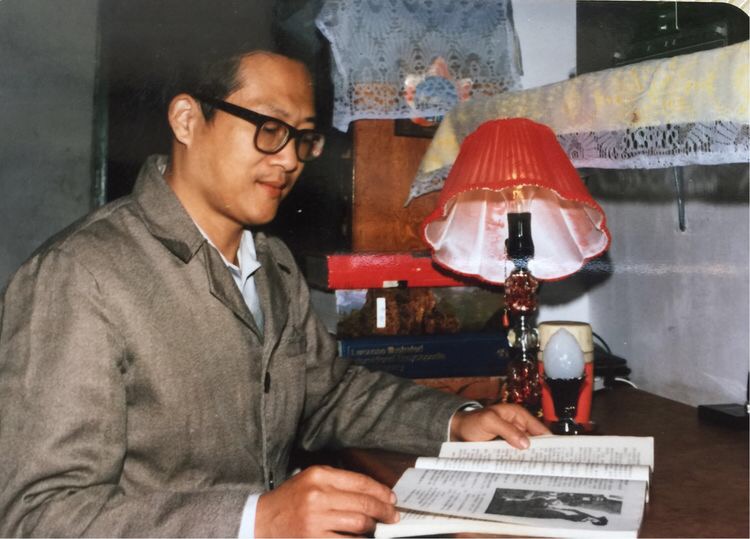
乙琥挑灯夜读

乙琥
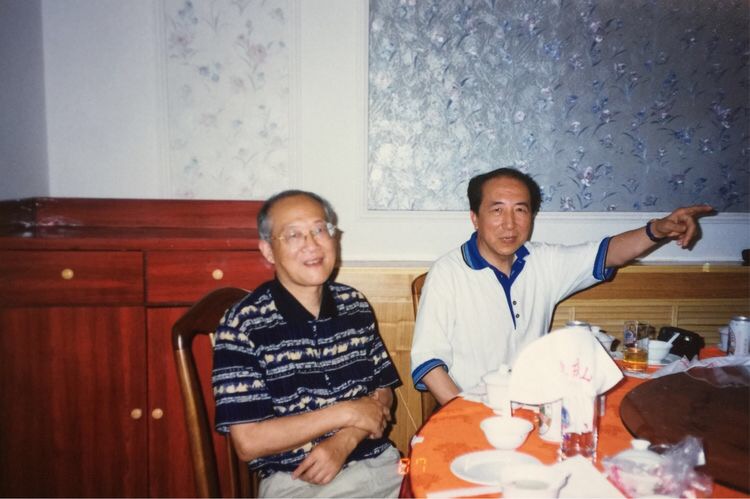
乙琥与妹夫杜宝恒大夫
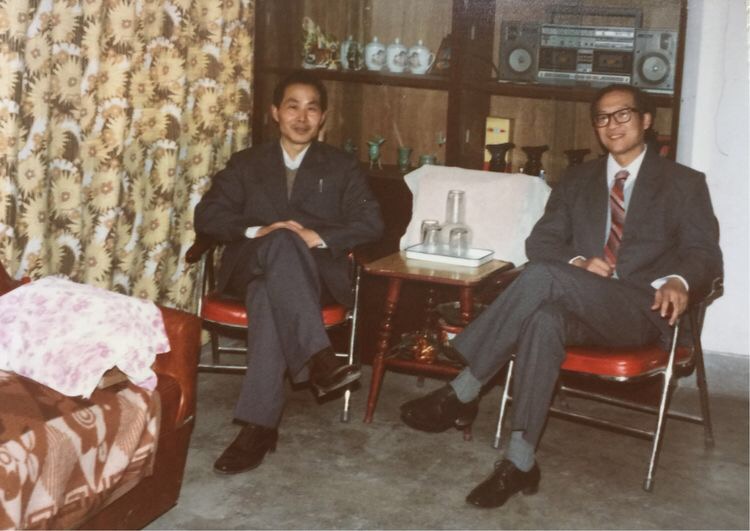
乙琥与潘子立合影
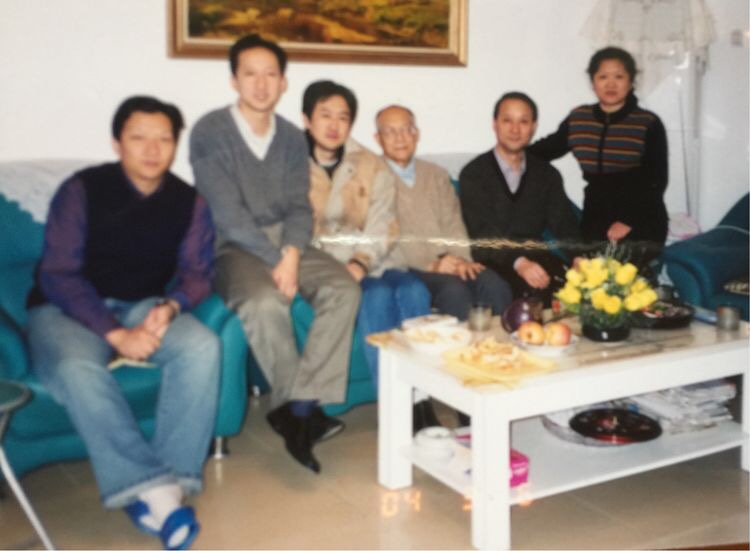
在柏华新居合影
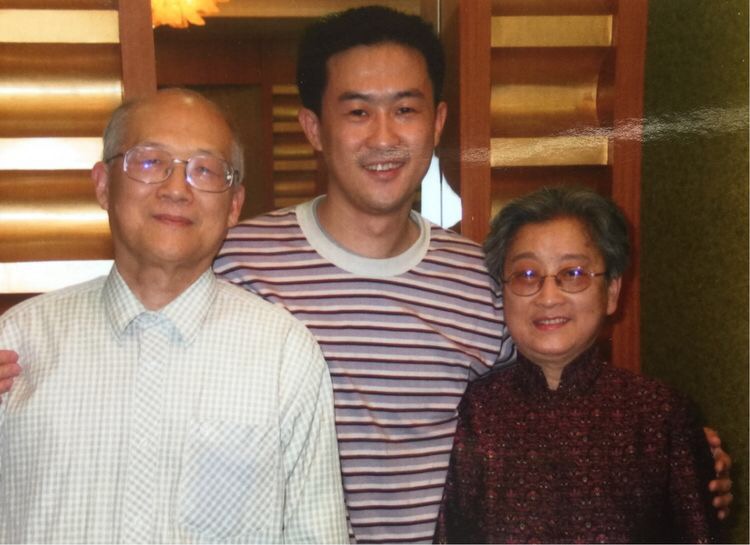
乙琥、夏雷、柏桐
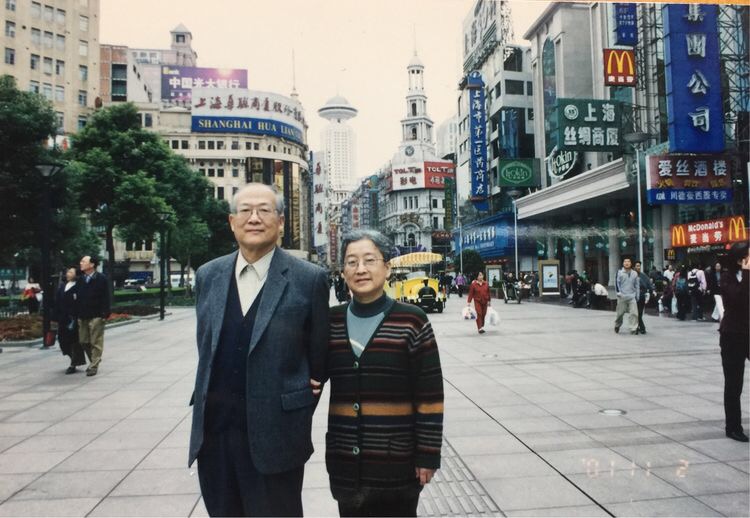
90年代二人再次上海行
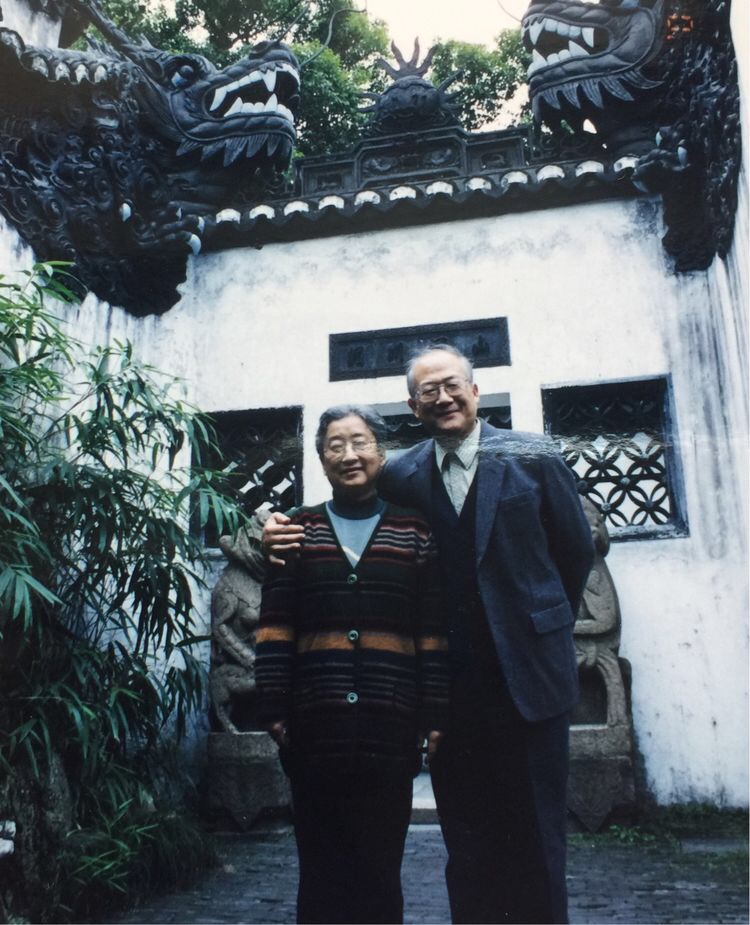
90年代二人再次上海行
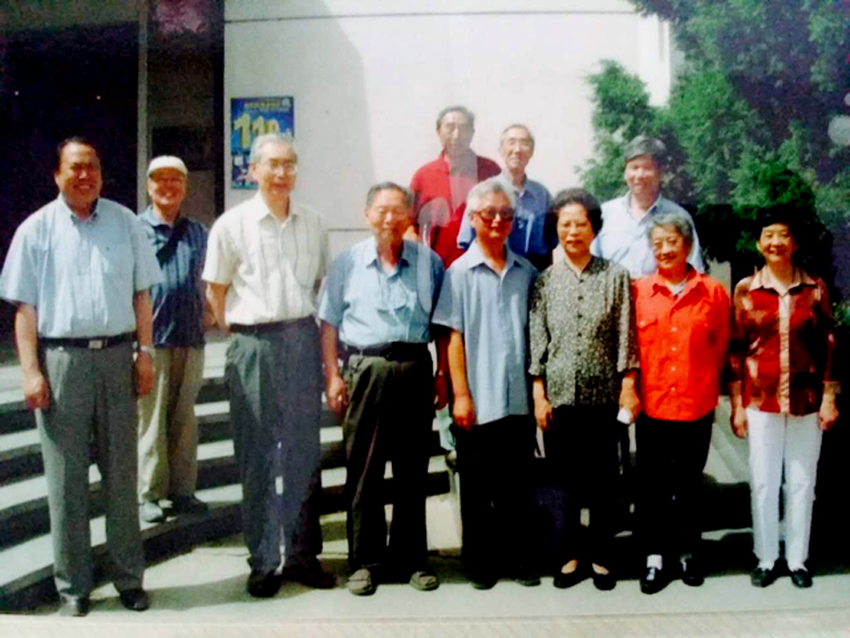
前排左起:崔永禄、刘士聪、吴则田、杨俊起、王蕴茹、朱柏桐、谷启楠
后排左起:李广然、宫自强、李维树、梁一雄
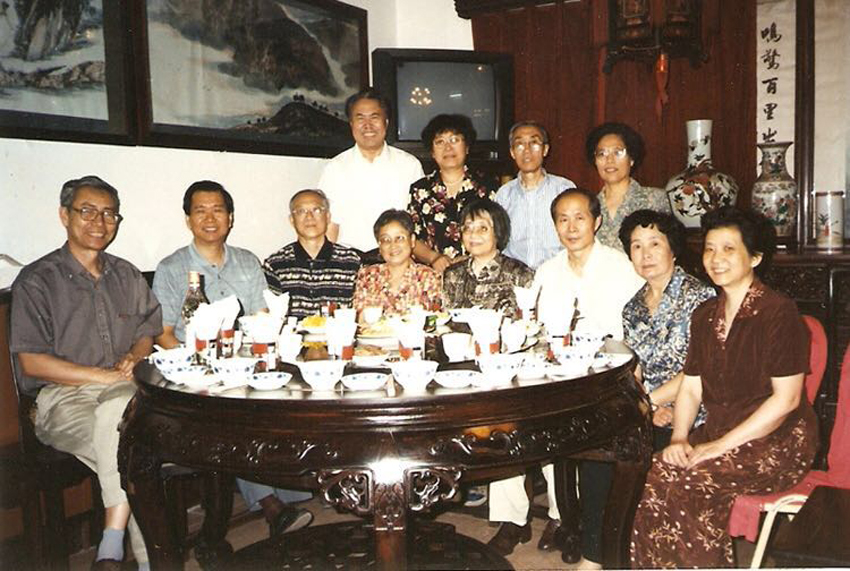
左起前排:刘士聪、常耀信、夏乙琥、朱柏桐、许荣仙、潘子立、杨小爱、谷启楠
左起后排:崔永禄、孙毅兵、李维树、王蕴茹
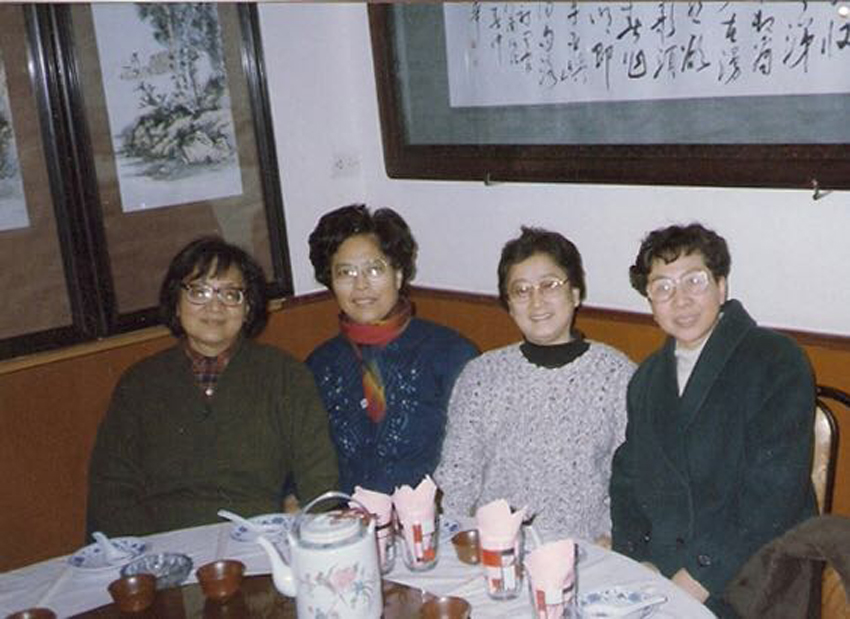
左起:许荣仙、王蕴茹、朱柏桐、祝宝银。 12/1995
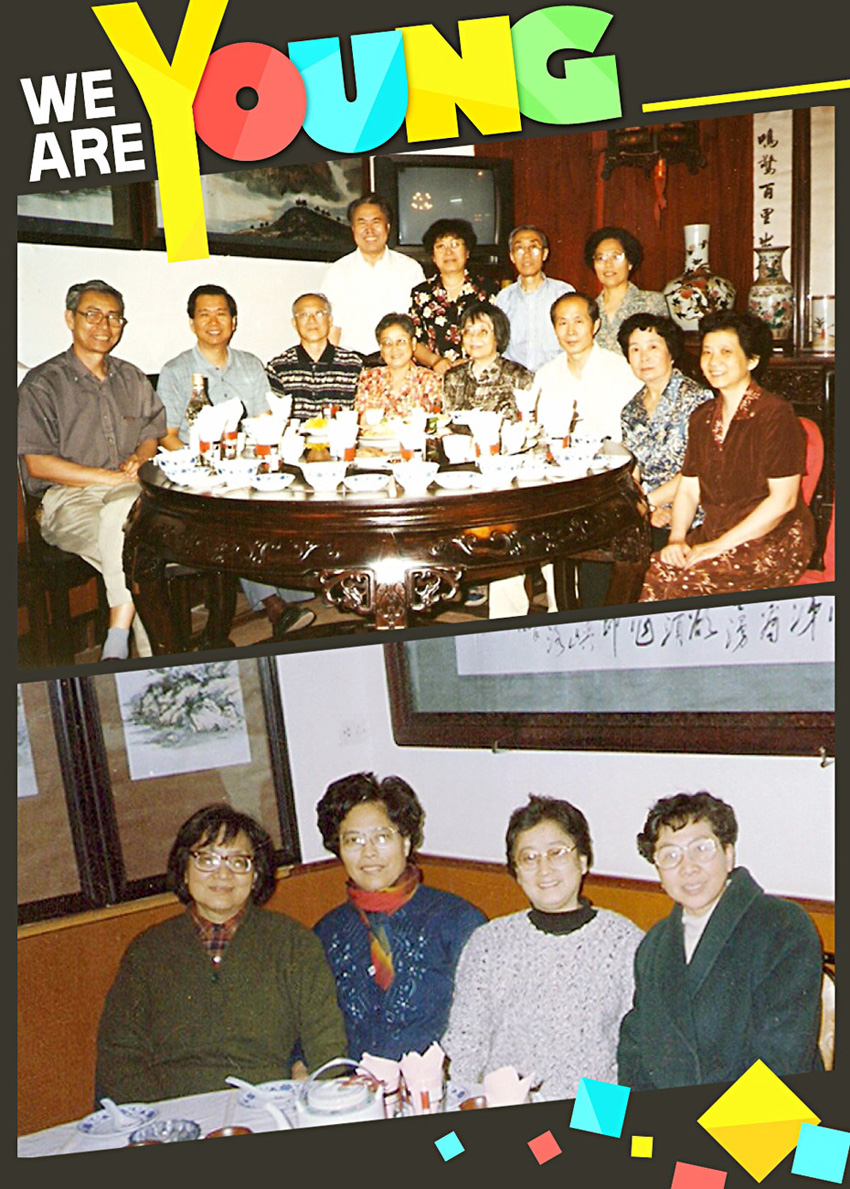
左起:许荣仙、王蕴茹、朱柏桐、祝宝银。 12/1995
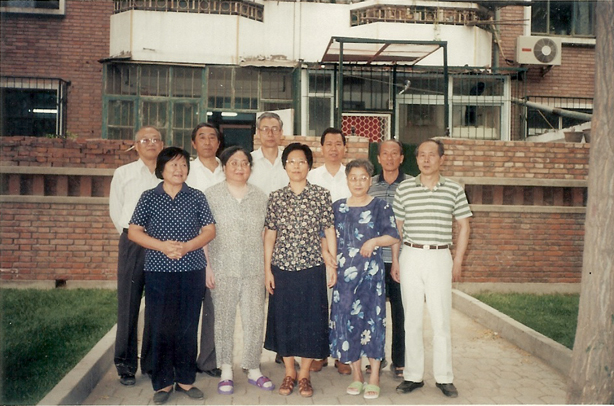
前排右起:潘子立、朱柏桐、王蕴茹、许荣仙、徐基荣夫人
后排右起:徐基荣、常耀信、刘士聪、宫自强、夏乙琥。 1999,天津
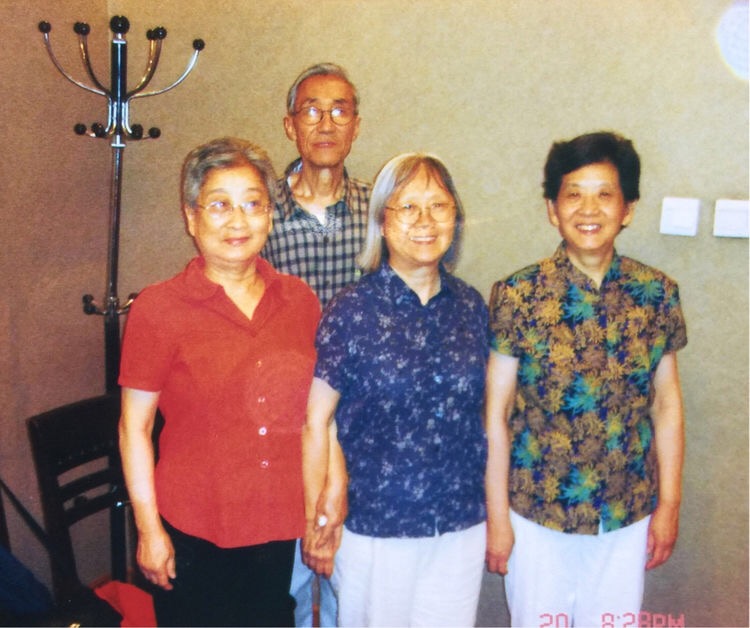
左起朱柏桐、苏智娟、谷启楠、李维树
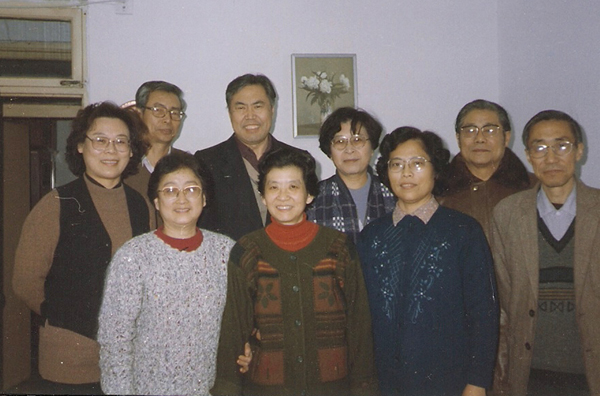
前排左起蔡文美、朱柏桐、谷启楠、王蕴茹、李维树;后排左起刘士聪、崔永禄、孙毅兵, 1996年1月
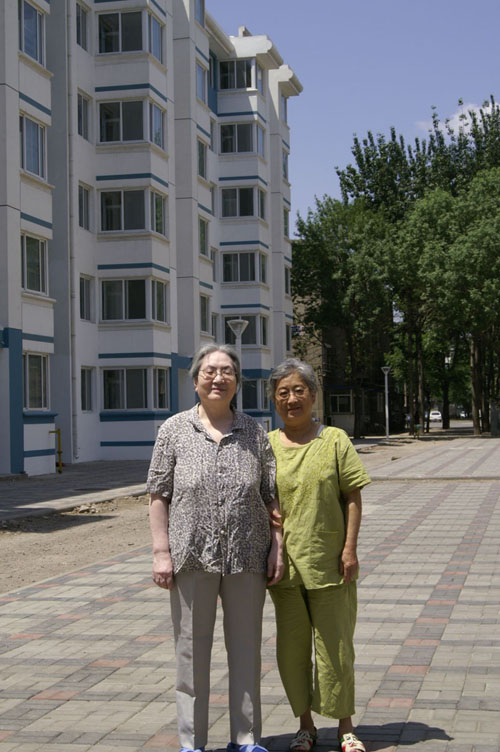
荣仙与朱柏桐, 06/10/2006
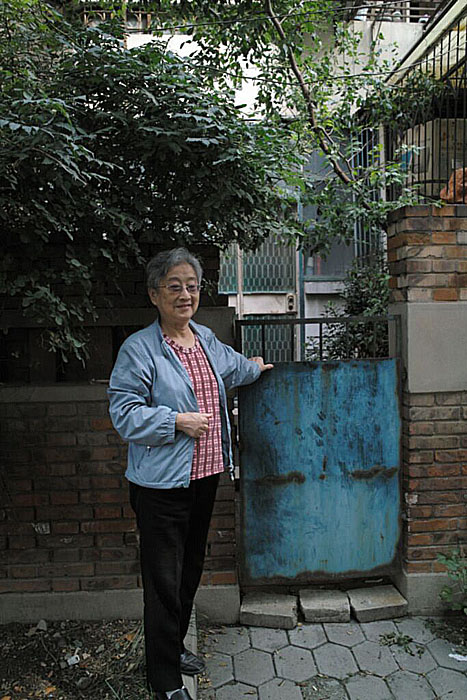
柏桐, 09/14/2011
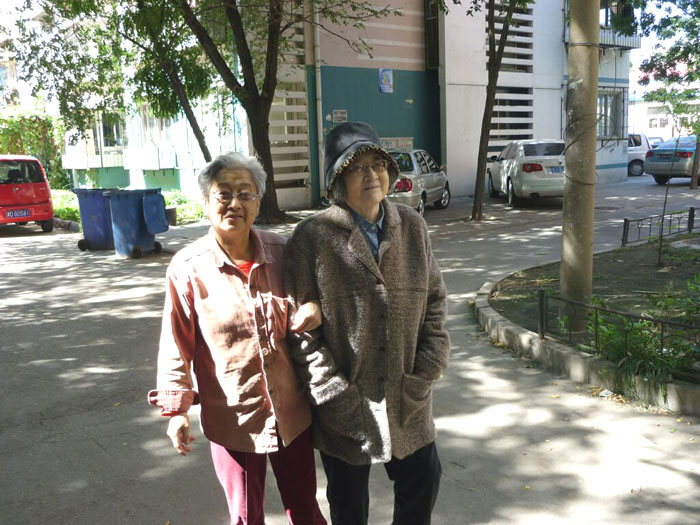
柏桐荣仙,09/19/2011
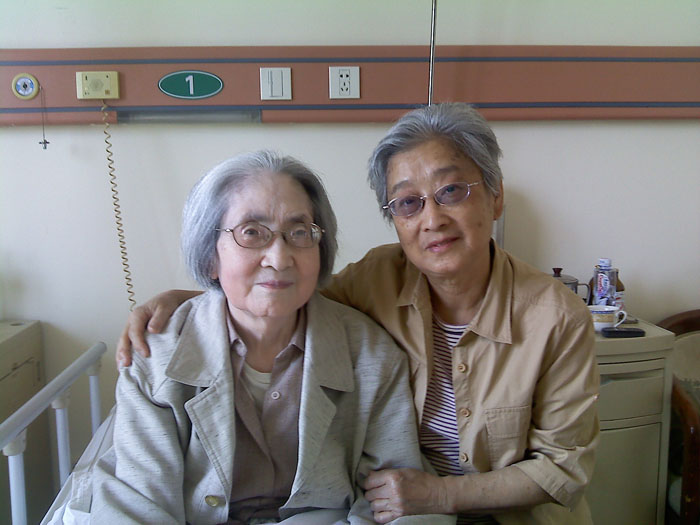
许荣仙和朱柏桐 05/30/2012
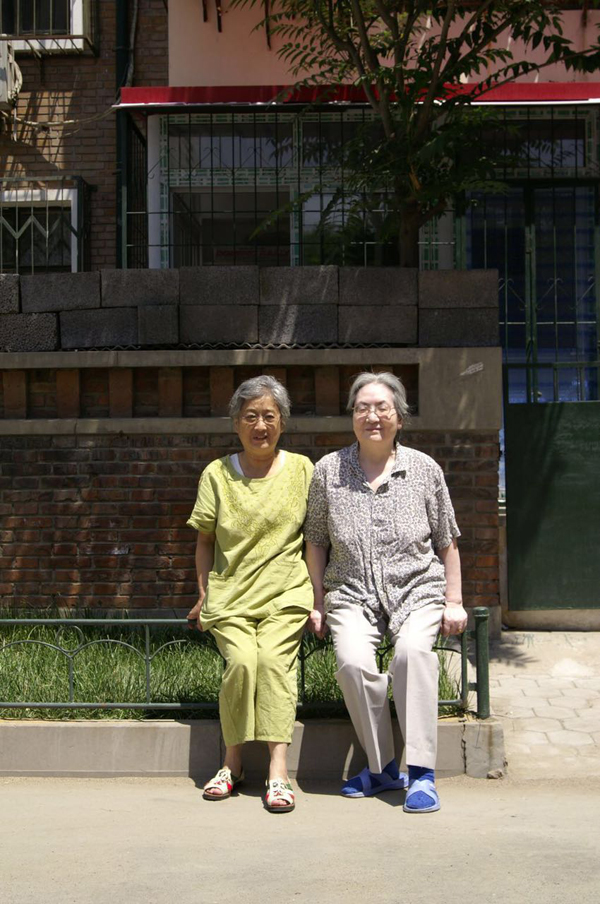
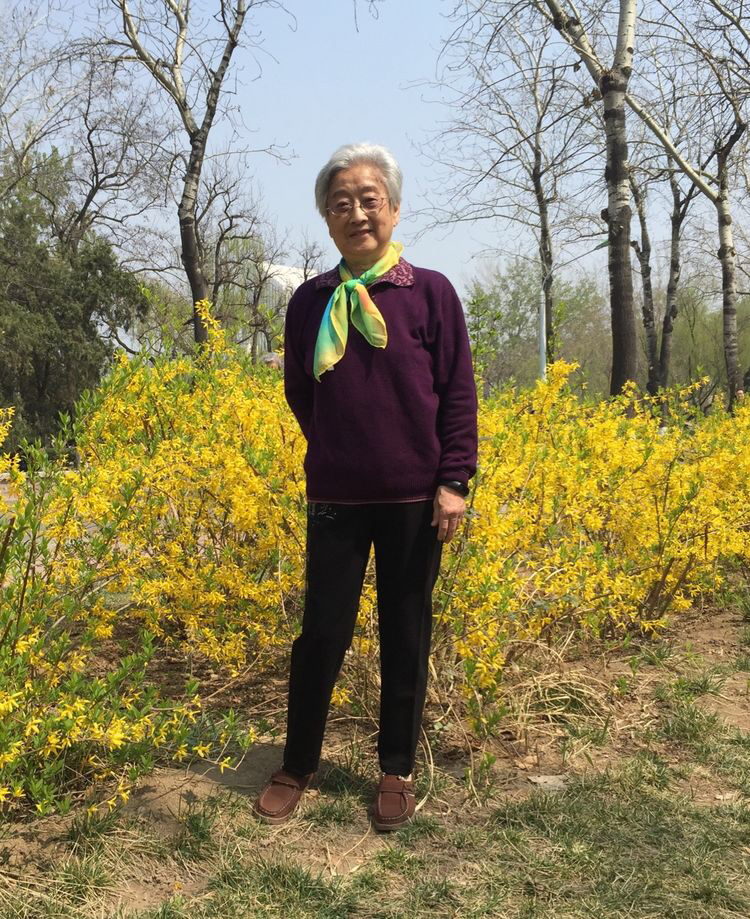
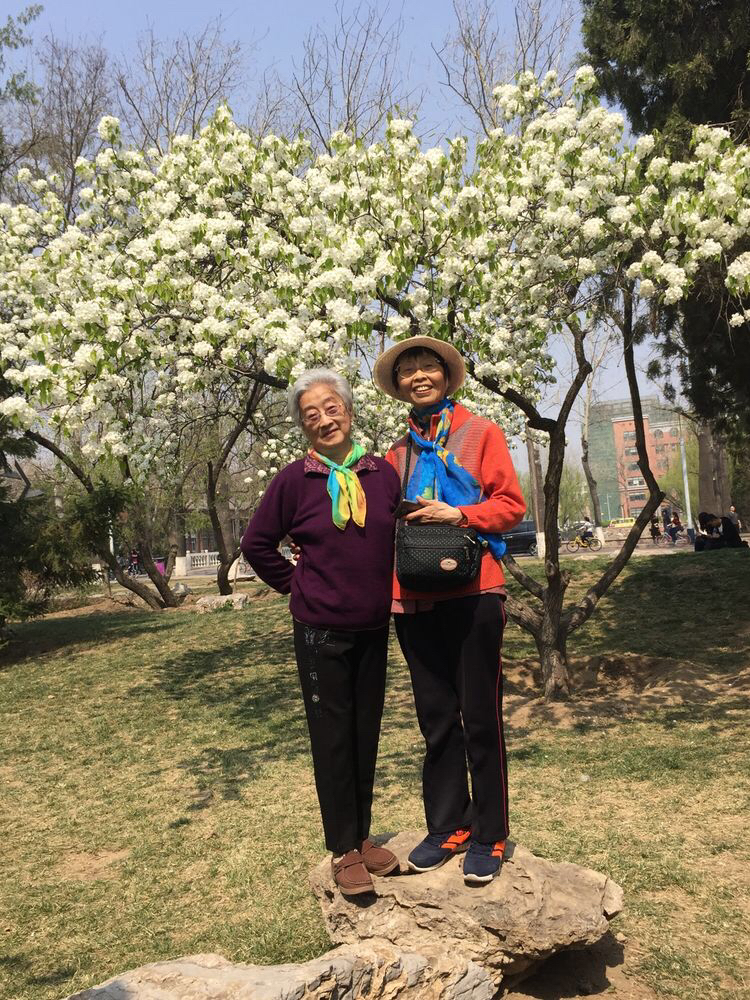
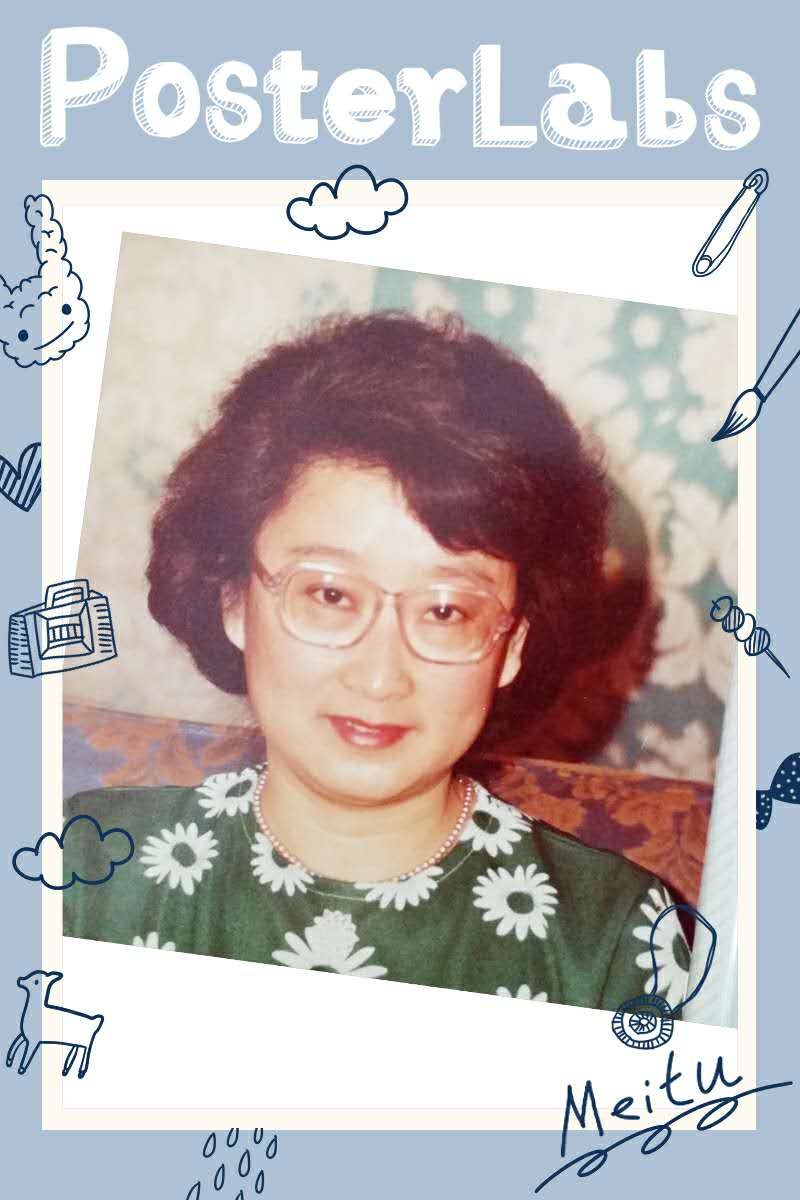
老高同学,虽然我没在写信给你但我一直关注着你的网站。趁今天有人帮弄电脑忙赶快给你并通过你给全班同学送去节日祝福。预祝大家圣诞快乐,在玛雅新纪元的“世界末日”开始全新的生活!今天也是我的爱人夏乙琥去世三周年祭日。同时我家还有喜事相告:我的二儿子夏雷已登记结婚。他已38岁了,有幸找到一位可心的爱人,难道不是乙琥在天相助吗?有感之际特凑小诗一首与大家共享。
柏桐
12/24/2012
On Yihu’s Third Memorial Day
朱柏桐 译
My heart aches to recall that terrible moment
When I lost you forever so suddenly.
On this special day, I have good news to tell,
Which will make you rest in tranquility.
God has compensated all our misery,
By shooting a Cupid Arrow at our son, Lei.
So both of us can set our minds at ease, |
  
  
|
American Poet Edgar Allan Poe (1809-1849) |
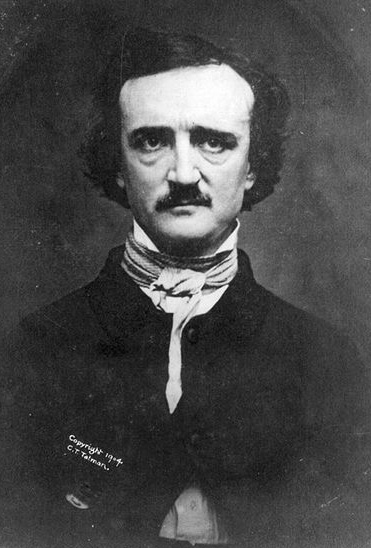
(This photo is in the public domain.)
Edgar Allan Poe (1809 – 1849) was an American writer, poet, editor and literary critic, considered part of the American Romantic Movement. Best known for his tales of mystery and the macabre, Poe was one of the earliest American practitioners of the short story and is considered the inventor of the detective-fiction genre. He is further credited with contributing to the emerging genre of science fiction. He was the first well-known American writer to try to earn a living through writing alone, resulting in a financially difficult life and career. He was born as Edgar Poe in Boston, Massachusetts; his parents died when he was young. Poe was taken in by John and Frances Allan, of Richmond, Virginia, but they never formally adopted him. After spending a short period at the University of Virginia and briefly attempting a military career, Poe parted ways with the Allans. Poe's publishing career began humbly, with an anonymous collection of poems, Tamerlane and Other Poems (1827), credited only to "a Bostonian".
Poe switched his focus to prose and spent the next several years working for literary journals and periodicals, becoming known for his own style of literary criticism. His work forced him to move between several cities, including Baltimore, Philadelphia, and New York City. In Baltimore in 1835, he married Virginia Clemm, his 13-year-old cousin. In January 1845, Poe published his poem "The Raven" to instant success. His wife died of tuberculosis two years later. He began planning to produce his own journal, The Penn (later renamed The Stylus), though he died before it could be produced. On October 7, 1849, at age 40, Poe died in Baltimore; the cause of his death is unknown. Poe and his works influenced literature in the United States and around the world.
 
|
The Haunted Palace
by Edgar Allan Poe |
|
| |
In the greenest of our valleys
By good angels tenanted,
Once a fair and stately palace--
Radiant palace--raised its head.
In the monarch Thought's dominion
It stood there!
Never seraph spread a pinion
Over fabric half so fair!
Banners yellow, glorious, golden,
On its roof did float and flow
(This--all this--was in the olden
Time long ago),
And every gentle air that dallied
In that sweet day,
Upon the ramparts plumed and pallid,
A winged odor went away.
Wanderers in that happy valley,
Through two luminous windows, saw
Spirits moving musically
To a lute's well-timed law.
Round about a throne where, sitting,
(Porphyrogene!)
In state his glory well befitting,
The ruler of the realm was seen.
And all with pearl and ruby glowing
Was the fair palace-door,
Through which came, flowing, flowing, flowing,
And sparkling everymore,
A troop of Echoes, whose sweet duty
Was but to sing
In voices of surpassing beauty
The wit and wisdom of their king.
But evil things, in robes of sorrow,
Assailed the monarch's high estate.
(Ah, let us mourn--for never morrow
Shall dawn upon him desolate!)
And round about his house of glory
That blushed and bloomed
Is but a dim-remembered story
Of the old time entombed.
And travelers, now, within that valley
Through the red-litten windows see
Vast forms that move fantastically
To a discordant melody,
While, like a ghastly, rapid river,
Through the pale door
A hideous throng rush out forever
And laugh--but smile no more.
---1845 |
|
| |
The Raven
by Edgar Allan Poe |
|
| |
Once upon a midnight dreary, while I pondered, weak and weary,
Over many a quaint and curious volume of forgotten lore,
While I nodded, nearly napping, suddenly there came a tapping,
As of some one gently rapping, rapping at my chamber door.
"'Tis some visitor," I muttered, "tapping at my chamber door-
Only this, and nothing more."
Ah, distinctly I remember it was in the bleak December,
And each separate dying ember wrought its ghost upon the floor.
Eagerly I wished the morrow;- vainly I had sought to borrow
From my books surcease of sorrow- sorrow for the lost Lenore-
For the rare and radiant maiden whom the angels name Lenore-
Nameless here for evermore.
And the silken sad uncertain rustling of each purple curtain
Thrilled me- filled me with fantastic terrors never felt before;
So that now, to still the beating of my heart, I stood repeating,
"'Tis some visitor entreating entrance at my chamber door-
Some late visitor entreating entrance at my chamber door;-
This it is, and nothing more."
Presently my soul grew stronger; hesitating then no longer,
"Sir," said I, "or Madam, truly your forgiveness I implore;
But the fact is I was napping, and so gently you came rapping,
And so faintly you came tapping, tapping at my chamber door,
That I scarce was sure I heard you"- here I opened wide the door;-
Darkness there, and nothing more.
Deep into that darkness peering, long I stood there wondering, fearing,
Doubting, dreaming dreams no mortals ever dared to dream before;
But the silence was unbroken, and the stillness gave no token,
And the only word there spoken was the whispered word, "Lenore!"
This I whispered, and an echo murmured back the word, "Lenore!"-
Merely this, and nothing more.
Back into the chamber turning, all my soul within me burning,
Soon again I heard a tapping somewhat louder than before.
"Surely," said I, "surely that is something at my window lattice:
Let me see, then, what thereat is, and this mystery explore-
Let my heart be still a moment and this mystery explore;-
'Tis the wind and nothing more."
Open here I flung the shutter, when, with many a flirt and flutter,
In there stepped a stately raven of the saintly days of yore;
Not the least obeisance made he; not a minute stopped or stayed he;
But, with mien of lord or lady, perched above my chamber door-
Perched upon a bust of Pallas just above my chamber door-
Perched, and sat, and nothing more.
Then this ebony bird beguiling my sad fancy into smiling,
By the grave and stern decorum of the countenance it wore.
"Though thy crest be shorn and shaven, thou," I said, "art sure no craven,
Ghastly grim and ancient raven wandering from the Nightly shore-
Tell me what thy lordly name is on the Night's Plutonian shore!"
Quoth the Raven, "Nevermore."
Much I marvelled this ungainly fowl to hear discourse so plainly,
Though its answer little meaning- little relevancy bore;
For we cannot help agreeing that no living human being
Ever yet was blest with seeing bird above his chamber door-
Bird or beast upon the sculptured bust above his chamber door,
With such name as "Nevermore."
But the raven, sitting lonely on the placid bust, spoke only
That one word, as if his soul in that one word he did outpour.
Nothing further then he uttered- not a feather then he fluttered-
Till I scarcely more than muttered, "other friends have flown before-
On the morrow he will leave me, as my hopes have flown before."
Then the bird said, "Nevermore."
Startled at the stillness broken by reply so aptly spoken,
"Doubtless," said I, "what it utters is its only stock and store,
Caught from some unhappy master whom unmerciful Disaster
Followed fast and followed faster till his songs one burden bore-
Till the dirges of his Hope that melancholy burden bore
Of 'Never- nevermore'."
But the Raven still beguiling all my fancy into smiling,
Straight I wheeled a cushioned seat in front of bird, and bust and
door; Then upon the velvet sinking, I betook myself to linking
Fancy unto fancy, thinking what this ominous bird of yore-
What this grim, ungainly, ghastly, gaunt and ominous bird of yore
Meant in croaking "Nevermore."
This I sat engaged in guessing, but no syllable expressing
To the fowl whose fiery eyes now burned into my bosom's core;
This and more I sat divining, with my head at ease reclining
On the cushion's velvet lining that the lamplight gloated o'er,
But whose velvet violet lining with the lamplight gloating o'er,
She shall press, ah, nevermore!
Then methought the air grew denser, perfumed from an unseen censer
Swung by Seraphim whose footfalls tinkled on the tufted floor.
"Wretch," I cried, "thy God hath lent thee- by these angels he hath sent thee
Respite- respite and nepenthe, from thy memories of Lenore!
Quaff, oh quaff this kind nepenthe and forget this lost Lenore!"
Quoth the Raven, "Nevermore."
"Prophet!" said I, "thing of evil!- prophet still, if bird or devil!-
Whether Tempter sent, or whether tempest tossed thee here ashore,
Desolate yet all undaunted, on this desert land enchanted-
On this home by horror haunted- tell me truly, I implore-
Is there- is there balm in Gilead?- tell me- tell me, I implore!"
Quoth the Raven, "Nevermore."
"Prophet!" said I, "thing of evil- prophet still, if bird or devil!
By that Heaven that bends above us- by that God we both adore-
Tell this soul with sorrow laden if, within the distant Aidenn,
It shall clasp a sainted maiden whom the angels name Lenore -
Clasp a rare and radiant maiden whom the angels name Lenore."
Quoth the Raven, "Nevermore."
"By that word our sign of parting, bird or fiend!" I shrieked, upstarting -
"Get thee back into the tempest and the Night's Plutonian shore!
Leave no black plume as a token of that lie thy soul hath spoken!
Leave my loneliness unbroken!- quit the bust above my door!
Take thy beak from out my heart, and take thy form from off my door!"
Quoth the Raven, "Nevermore."
And the Raven, never flitting, still is sitting, still is sitting
On the pallid bust of Pallas just above my chamber door;
And his eyes have all the seeming of a demon's that is dreaming,
And the lamplight o'er him streaming throws his shadow on the floor;
And my soul from out that shadow that lies floating on the floor
Shall be lifted- nevermore!
---1845 |
|
| |
To Helen
by Edgar Allan Poe |
|
| |
Helen, thy beauty is to me
Like those Nicean barks of yore,
That gently, o'er a perfumed sea,
The weary, wayworn wanderer bore
To his own native shore.
On desperate seas long wont to roam,
Thy hyacinth hair, thy classic face,
Thy Naiad airs have brought me home
To the glory that was Greece
And the grandeur that was Rome.
Lo! in yon brilliant window-niche
How statue-like I see thee stand,
The agate lamp within thy hand!
Ah, Psyche, from the regions which
Are Holy Land!
---1831
|
|
Sonnet - To Science
by Edgar Allan Poe |
|
| |
Science! True daughter of Old Time thou art!
Who alterest all things with thy peering eyes.
Why preyest thou thus upon the poet's heart,
Vulture, whose wings are dull realities?
How should he love thee? Or how deem thee wise,
Who wouldst not leave him in his wandering
To seek for treasure in the jewelled skies,
Albeit he soared with an undaunted wing?
Hast thou not dragged Diana from her car?
And driven the Hamadryad from the wood
To seek a shelter in some happier star?
Hast thou not torn the Naiad from her flood,
The Elfin from the green grass, and from me
The summer dream beneath the tamarind tree? |
|
Eulalie
by Edgar Allan Poe |
|
| |
I dwelt alone
In a world of moan,
And my soul was a stagnant tide,
Till the fair and gentle Eulalie became my blushing bride-
Till the yellow-haired young Eulalie became my smiling bride.
Ah, less- less bright
The stars of the night
Than the eyes of the radiant girl!
That the vapor can make
With the moon-tints of purple and pearl,
Can vie with the modest Eulalie's most unregarded curl-
Can compare with the bright-eyed Eulalie's most humble and careless
curl.
Now Doubt- now Pain
Come never again,
For her soul gives me sigh for sigh,
And all day long
Shines, bright and strong,
Astarte within the sky,
While ever to her dear Eulalie upturns her matron eye-
While ever to her young Eulalie upturns her violet eye. |
|
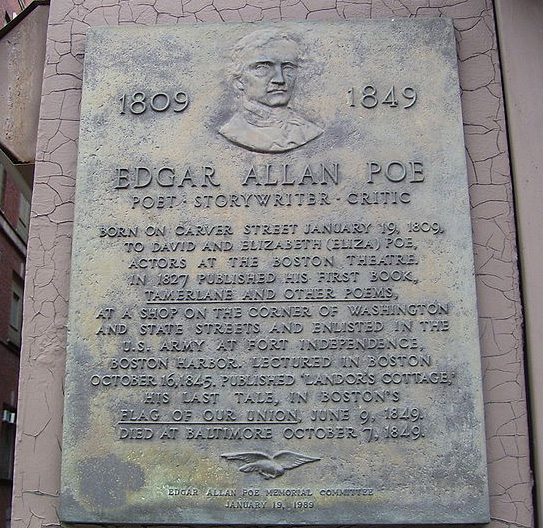
This plaque marks the approximate location where Edgar Poe was born in Boston, Massachusett. Photo by Swampyank.
(Used here under the terms of the Creative Commons Attribution-ShareAlike 3.0 License
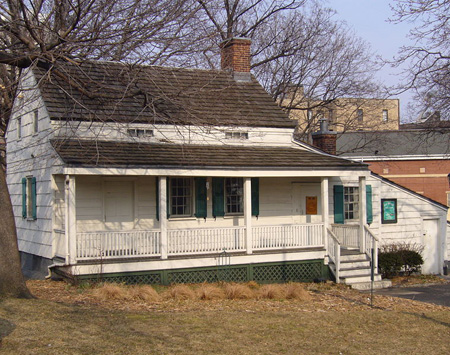
Poe spent the last few years of his life in a small cottage in the Bronx,
New York. Photo by Zoirusha
(This picture has been released into the public domain.)
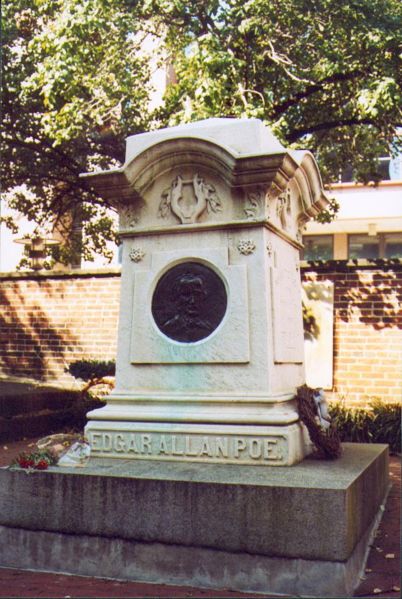
Edgar Allan Poe's grave, Baltimore Maryland. Photo by Eixo.
(This picture has been released into the public domain.)
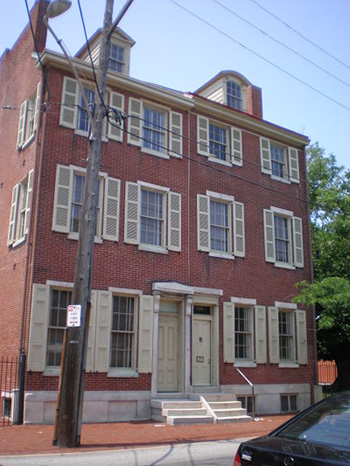
The Edgar Allan Poe National Historic Site in Philadelphia is one of
several preserved former residences of Poe. Photo by Midnightdreary.
(This picture has been released into the public domain.)
 
|
    
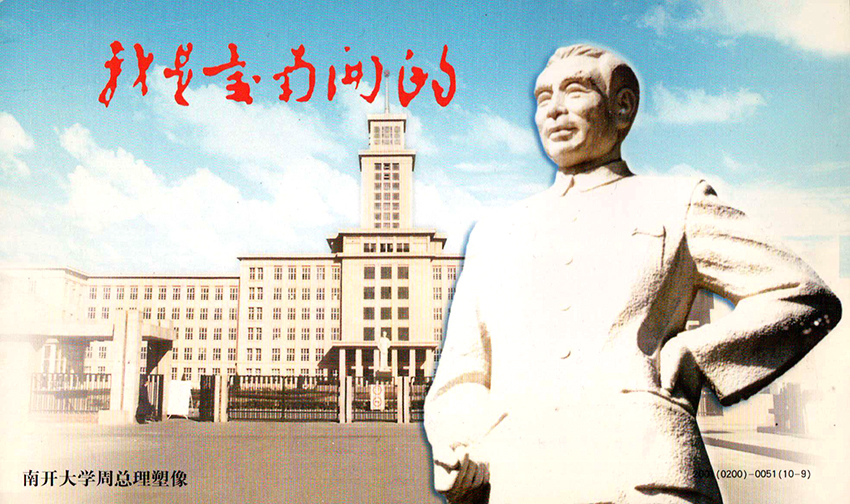
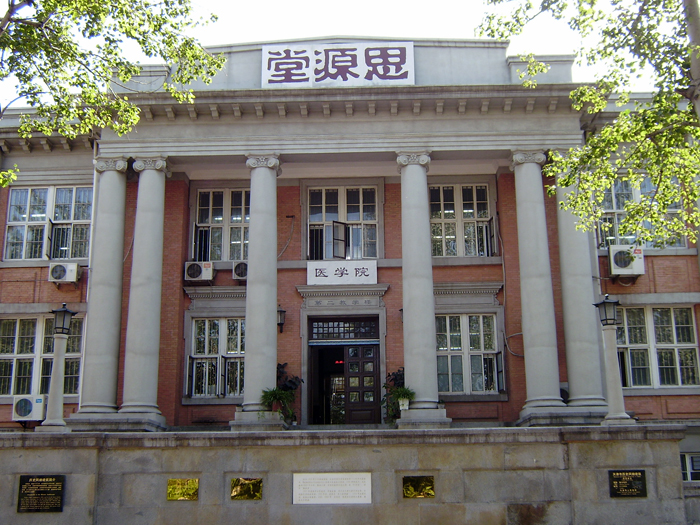


 请大家一起呼吁:祖国文明建设应从央视和国营媒体禁刊酒类广告做起。酒,从精神到肉体已经伤害了无数国人!-《海外南开人网》敬启 请大家一起呼吁:祖国文明建设应从央视和国营媒体禁刊酒类广告做起。酒,从精神到肉体已经伤害了无数国人!-《海外南开人网》敬启
 Alcohol and Aging 酒精与衰老(英/中) Alcohol and Aging 酒精与衰老(英/中)
 How Alcohol Affects Your Body 酒精如何伤害你的身体 (英/中) How Alcohol Affects Your Body 酒精如何伤害你的身体 (英/中)
|
